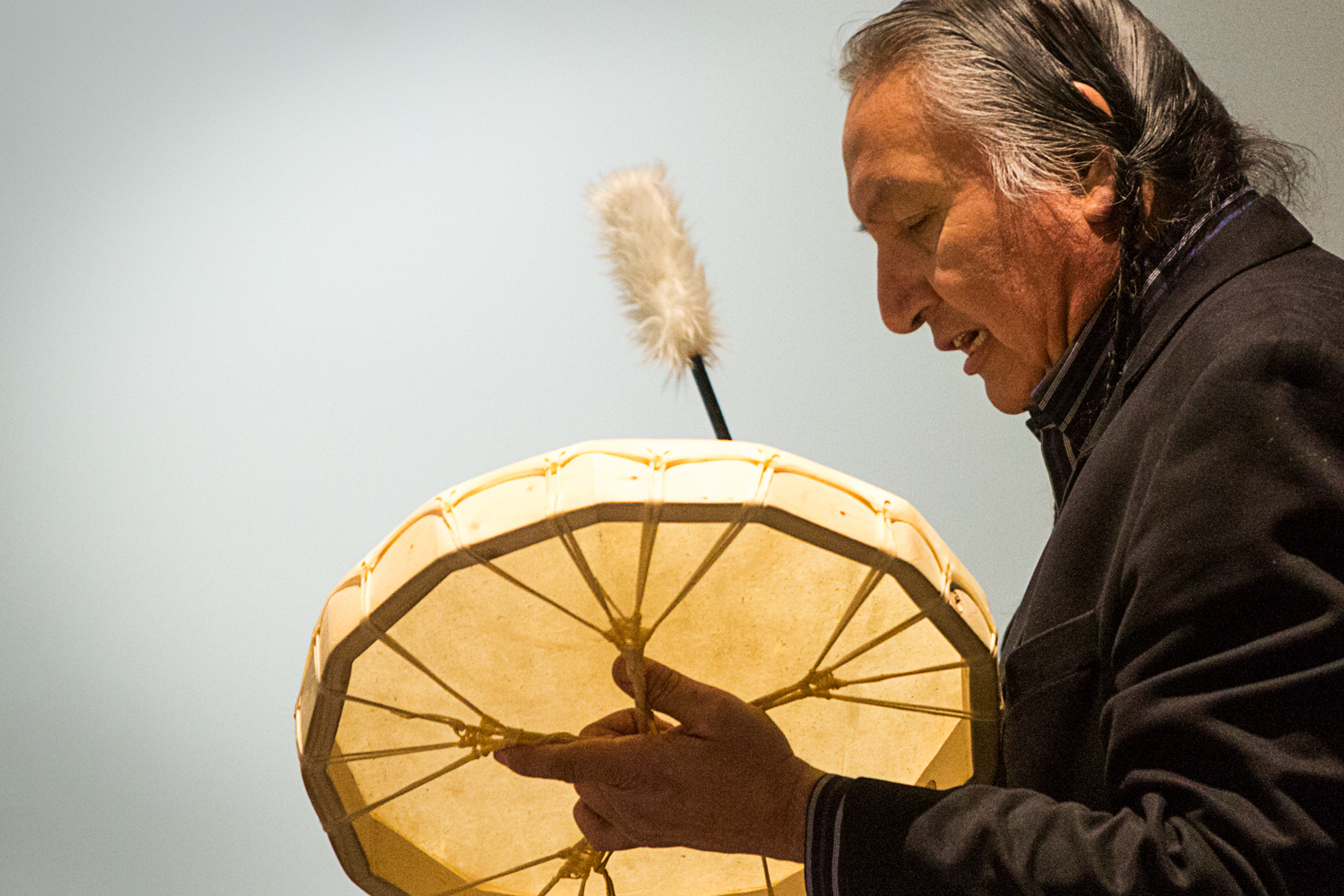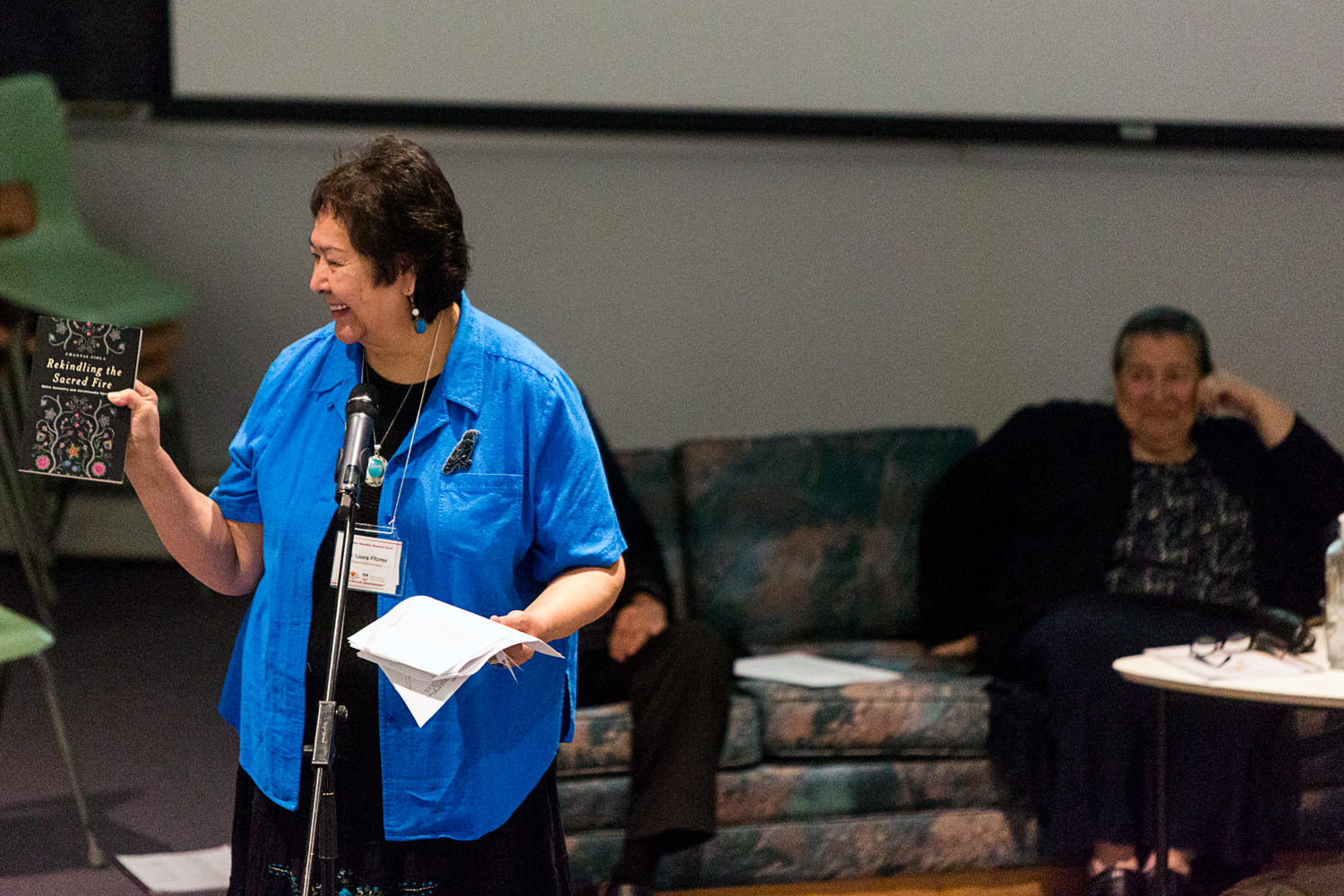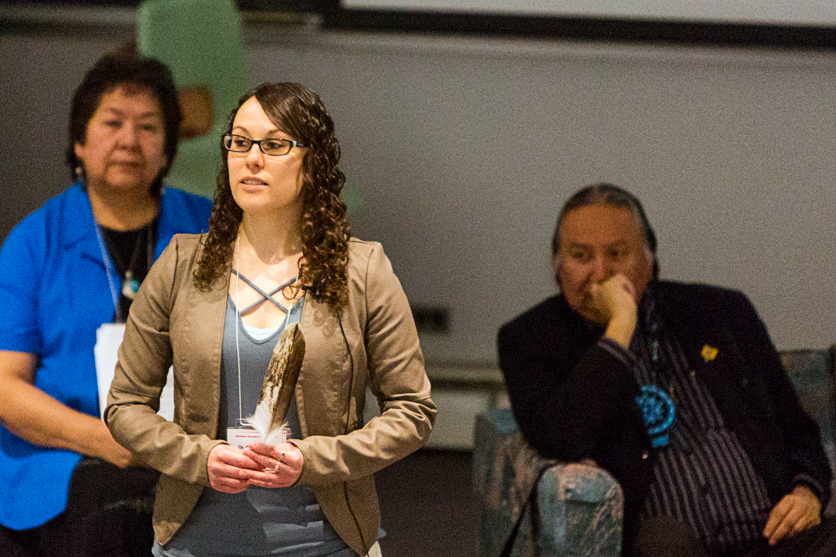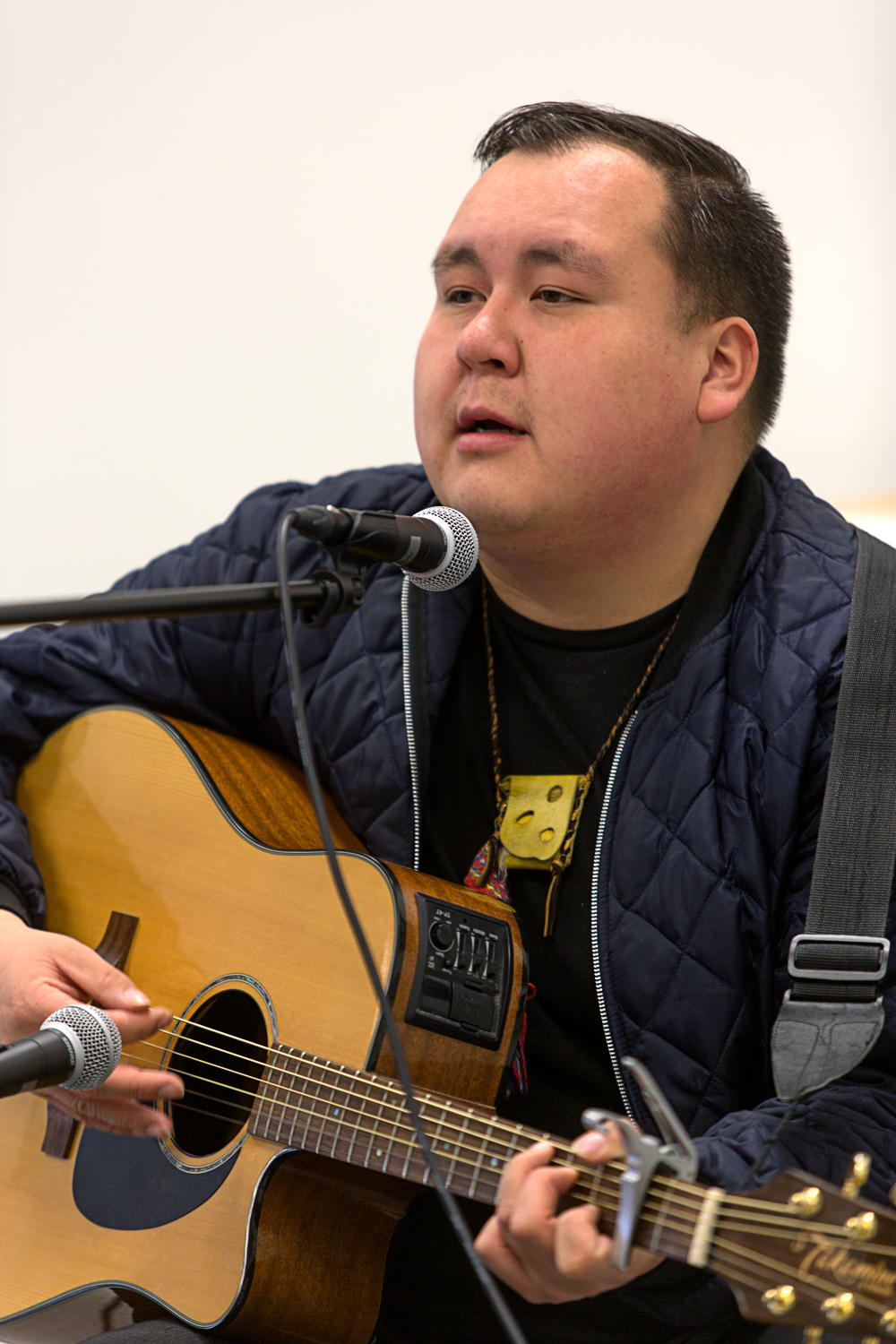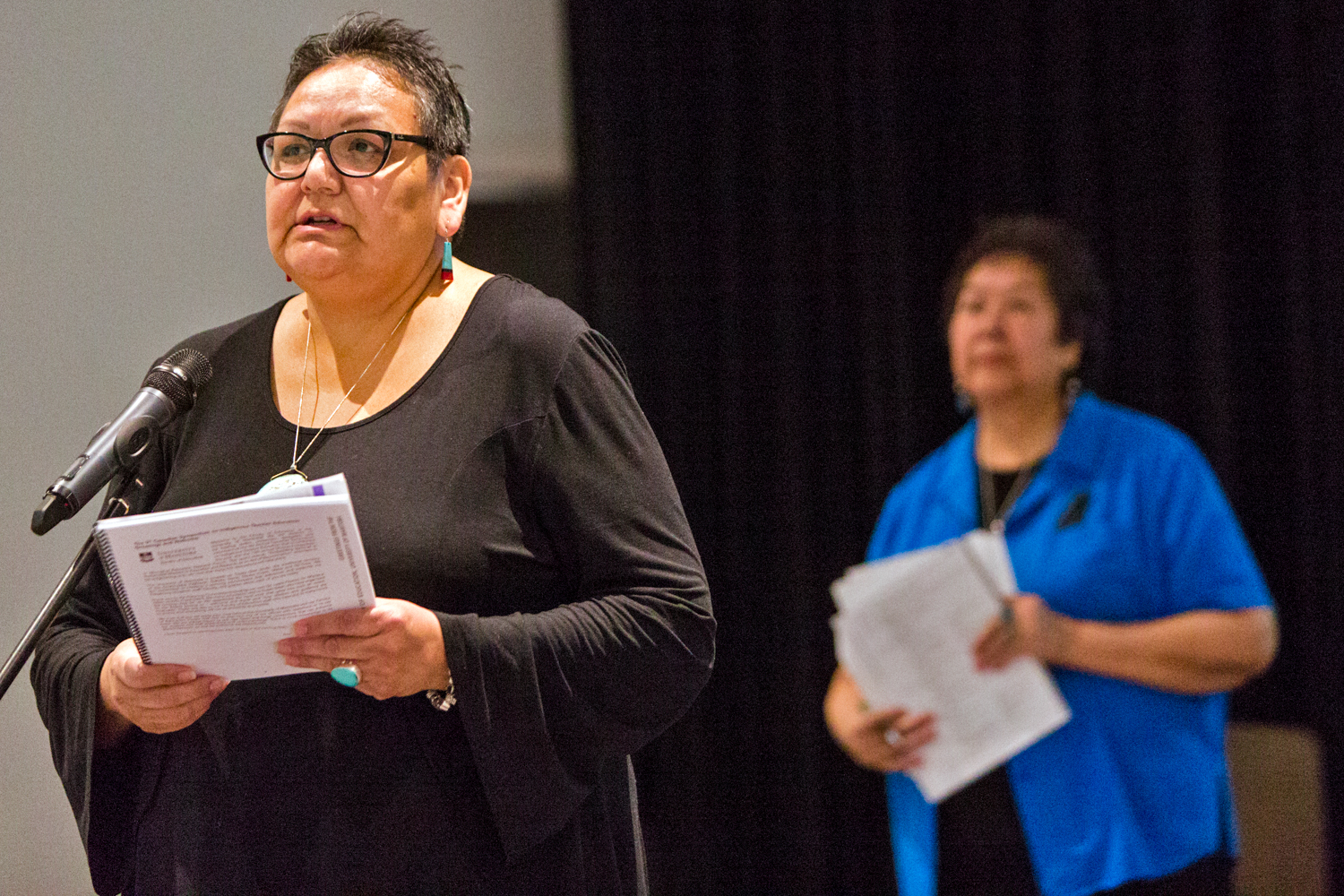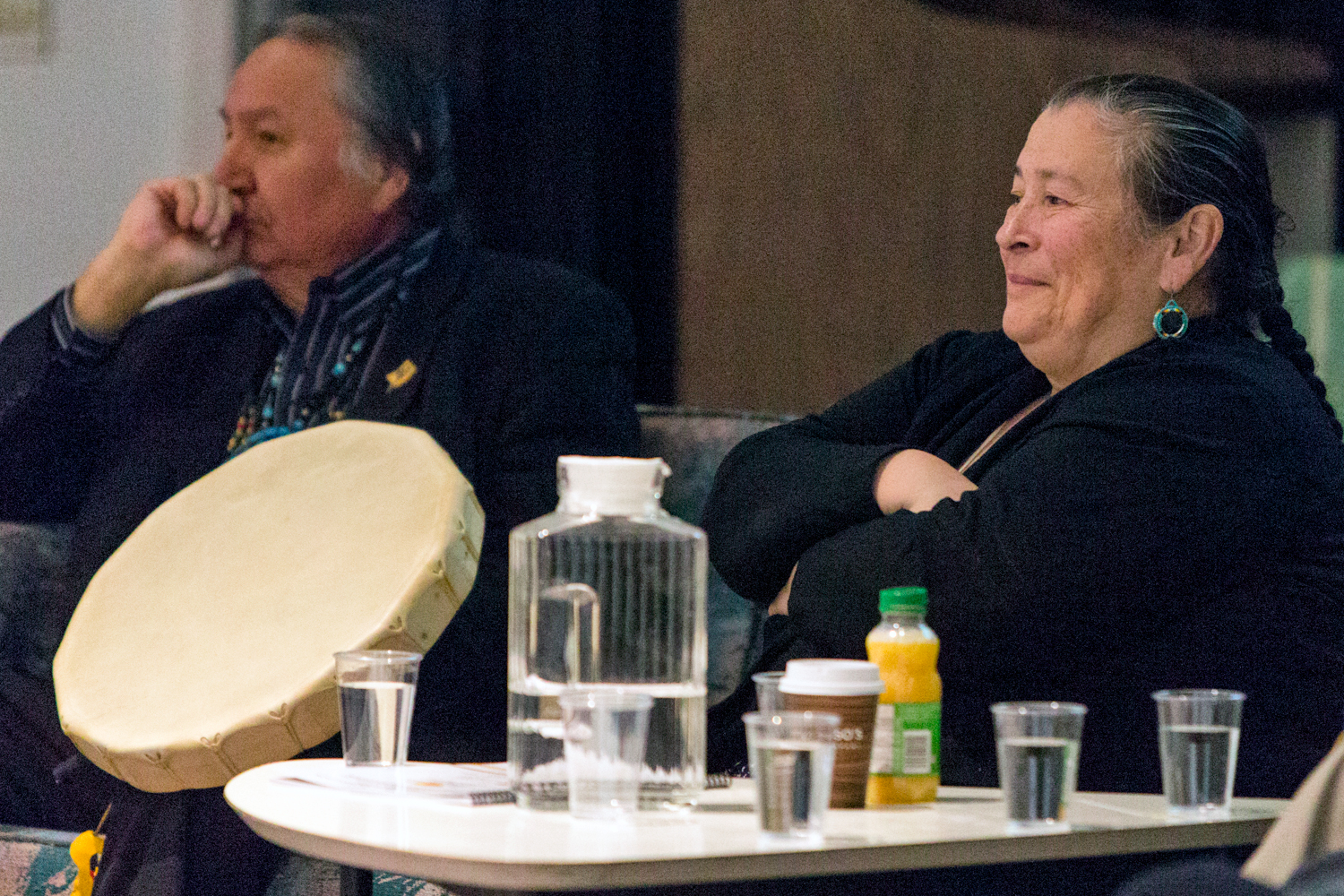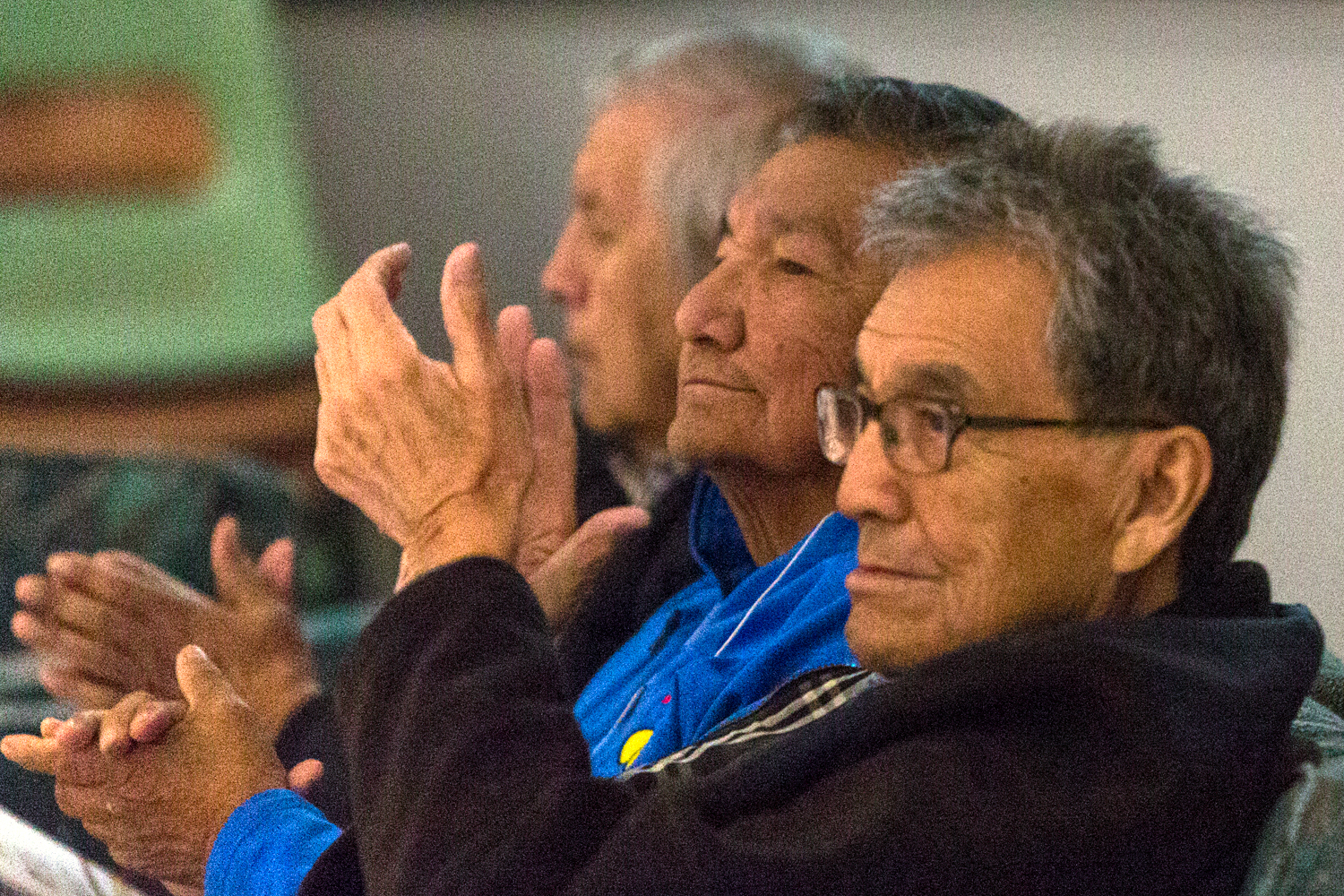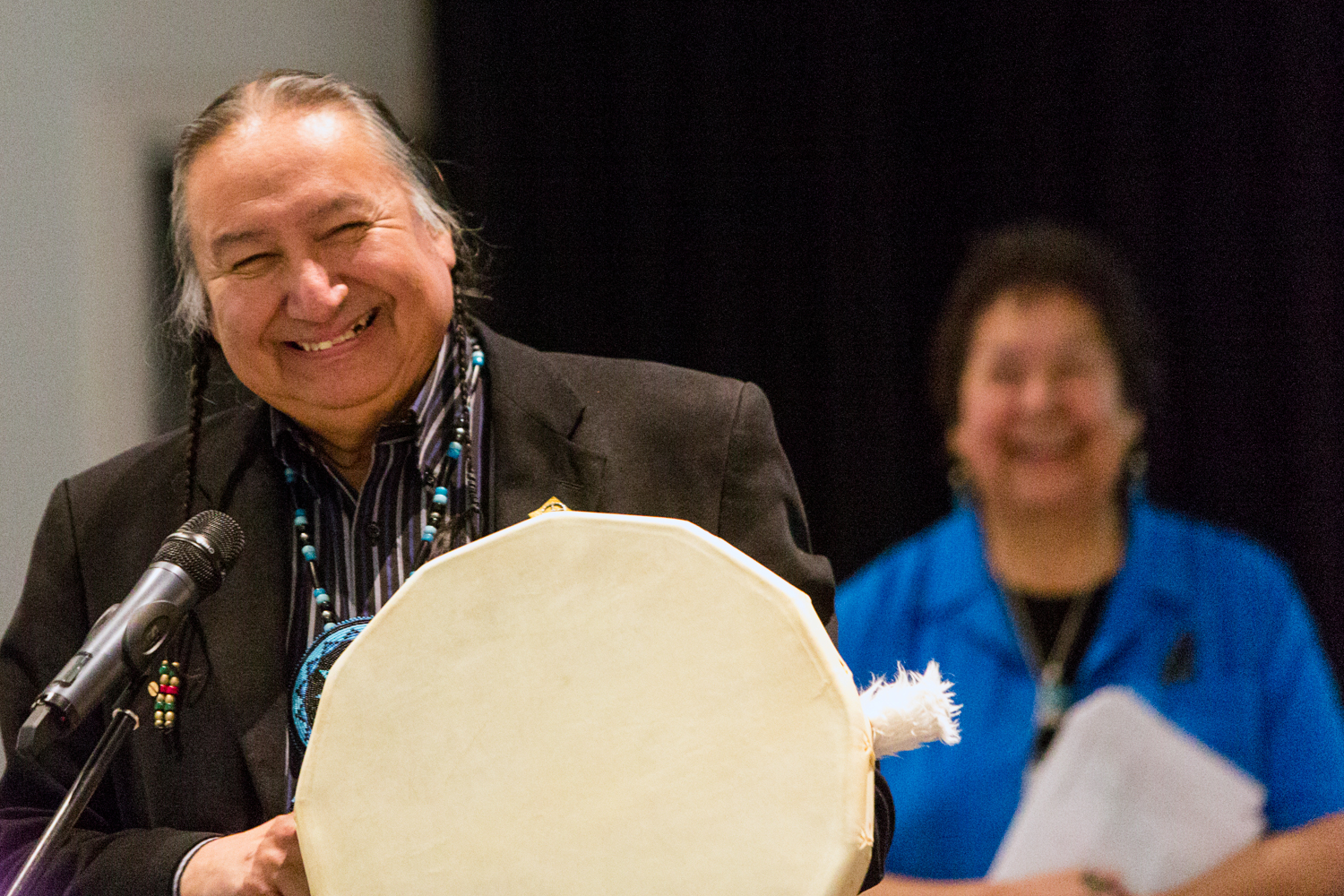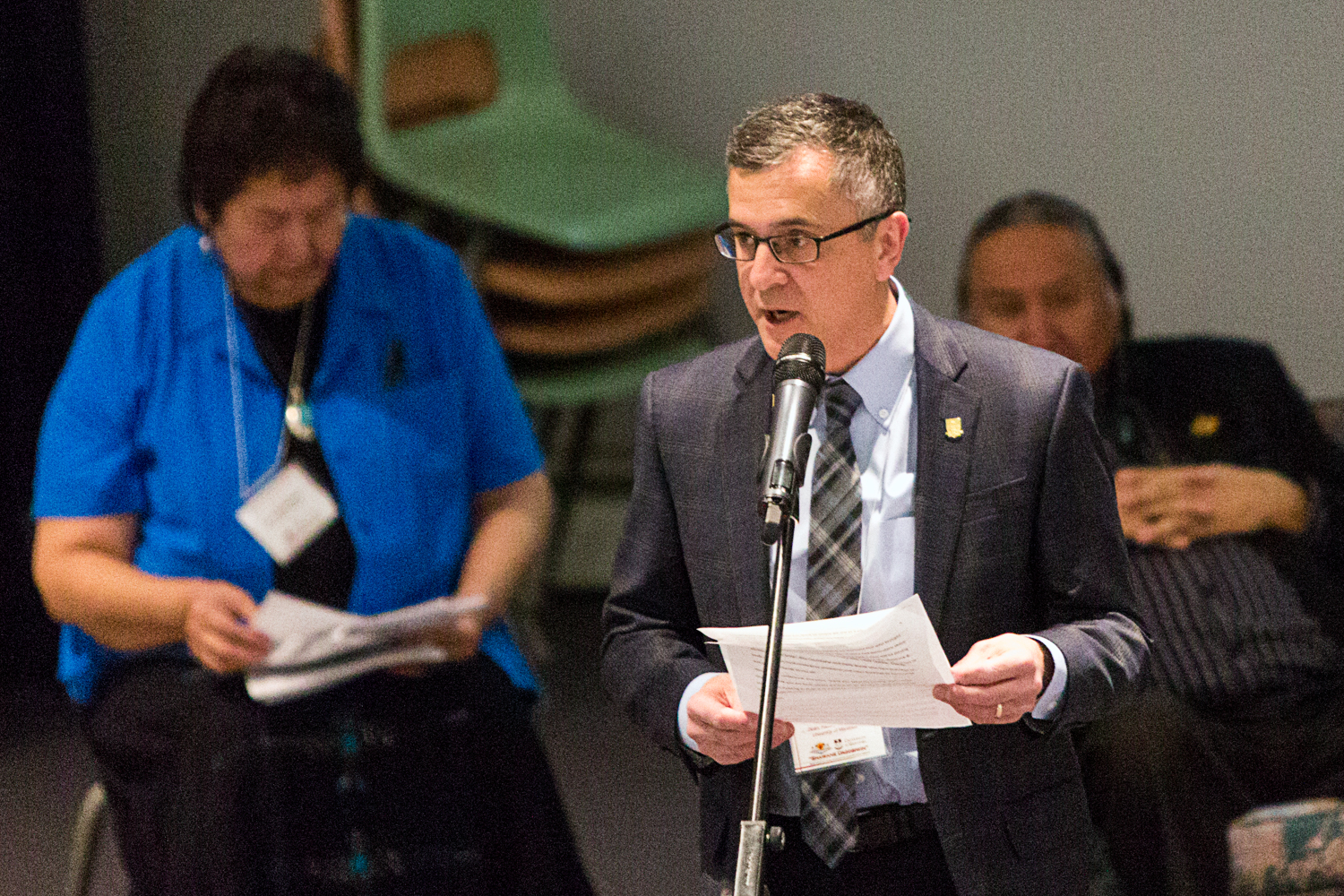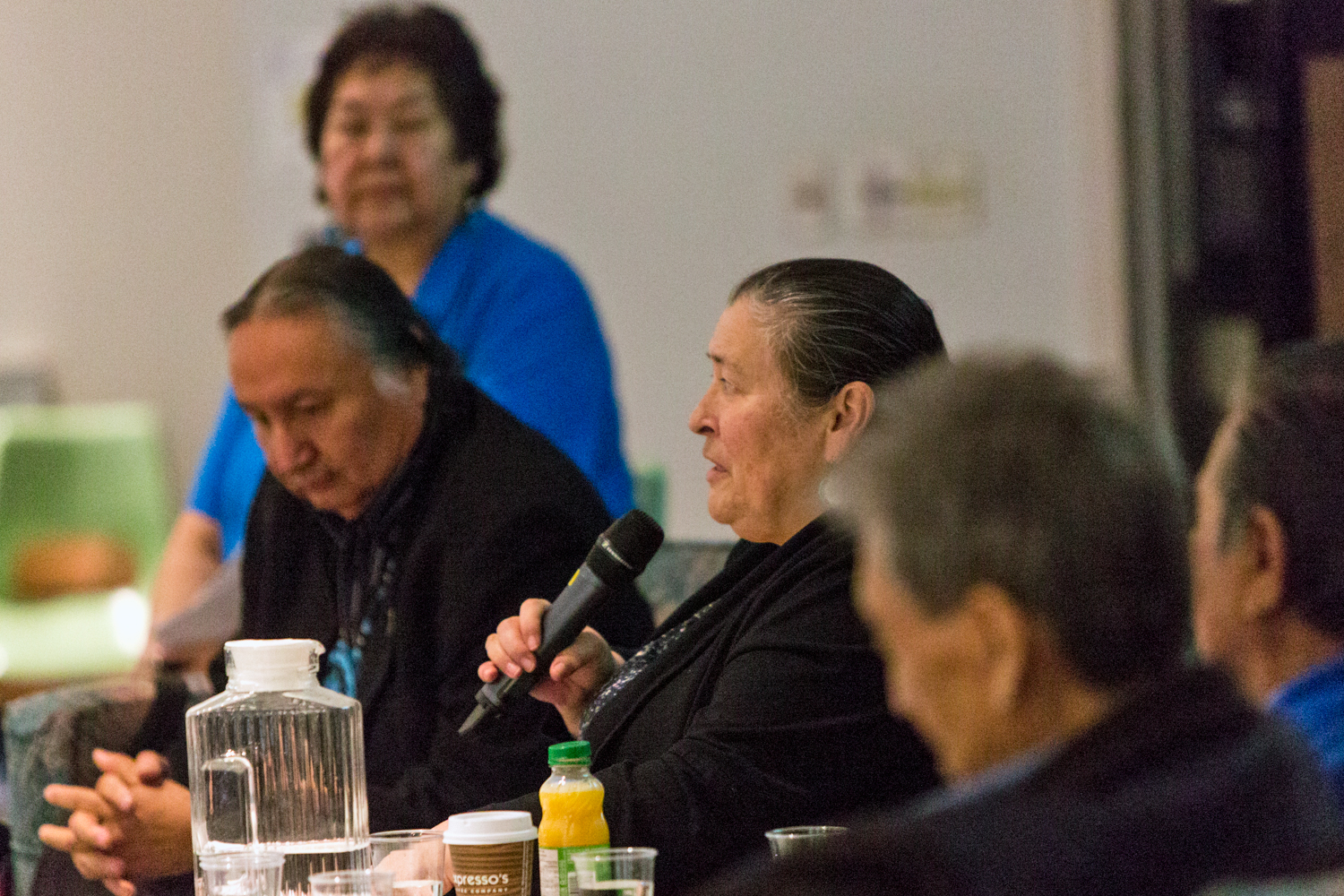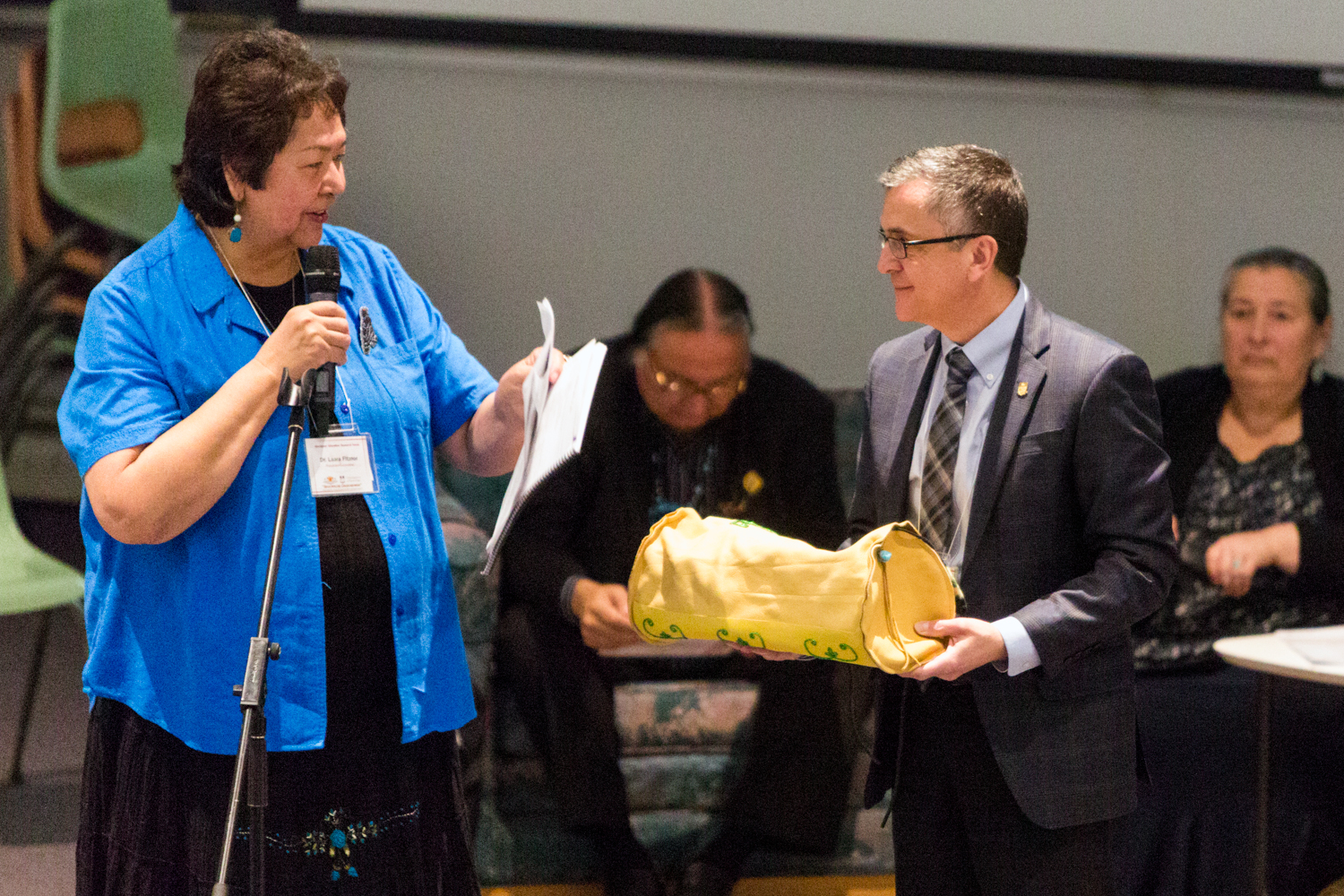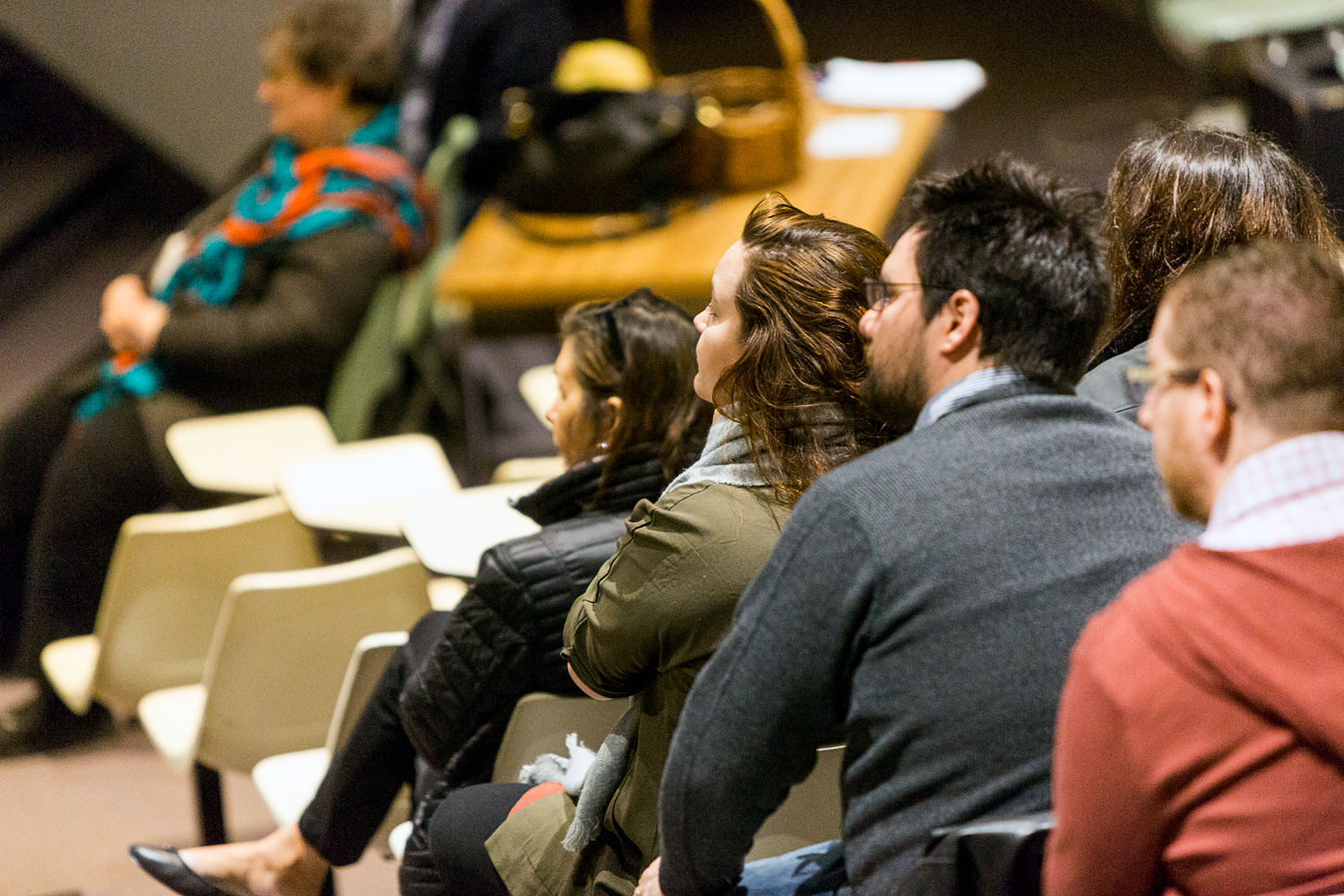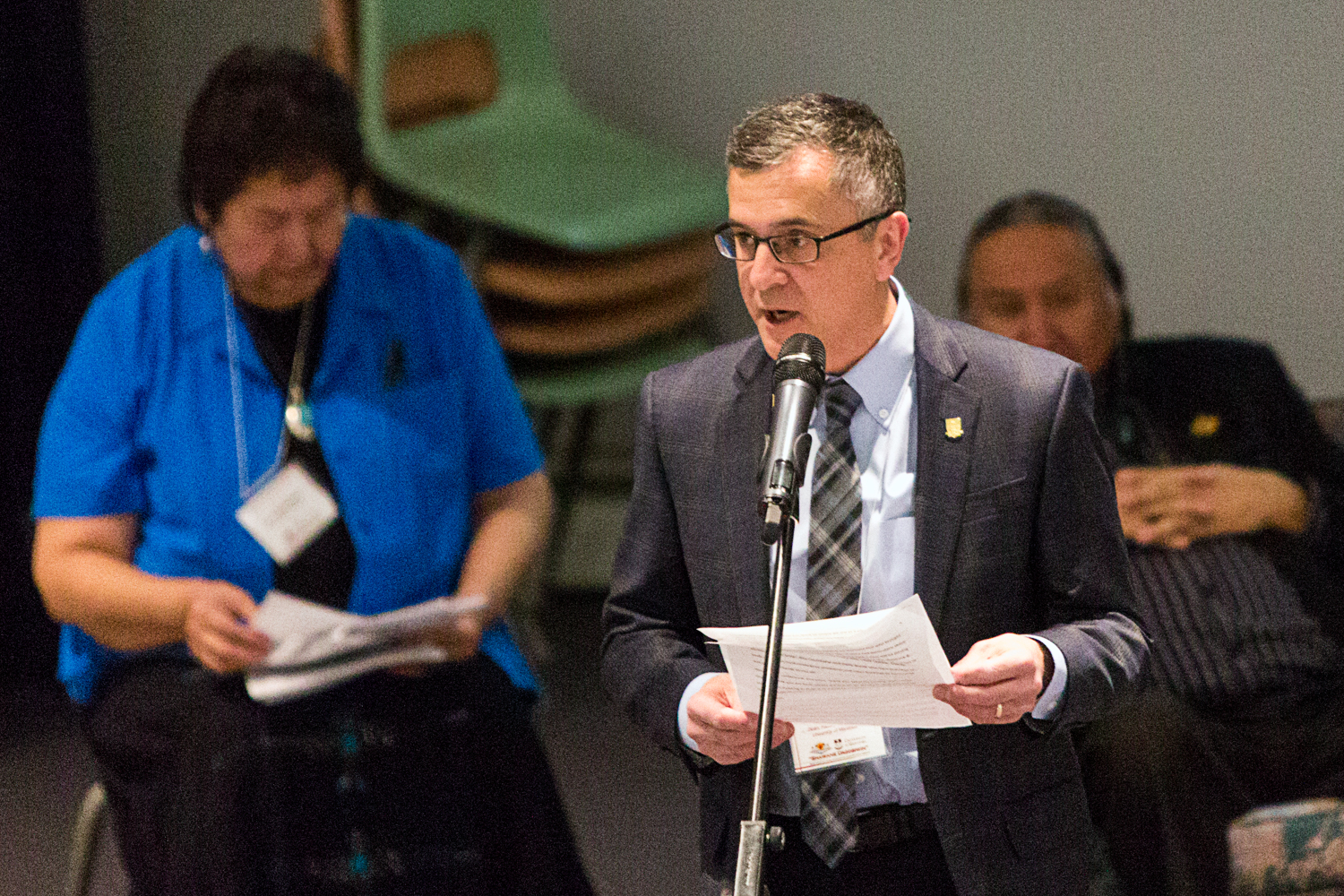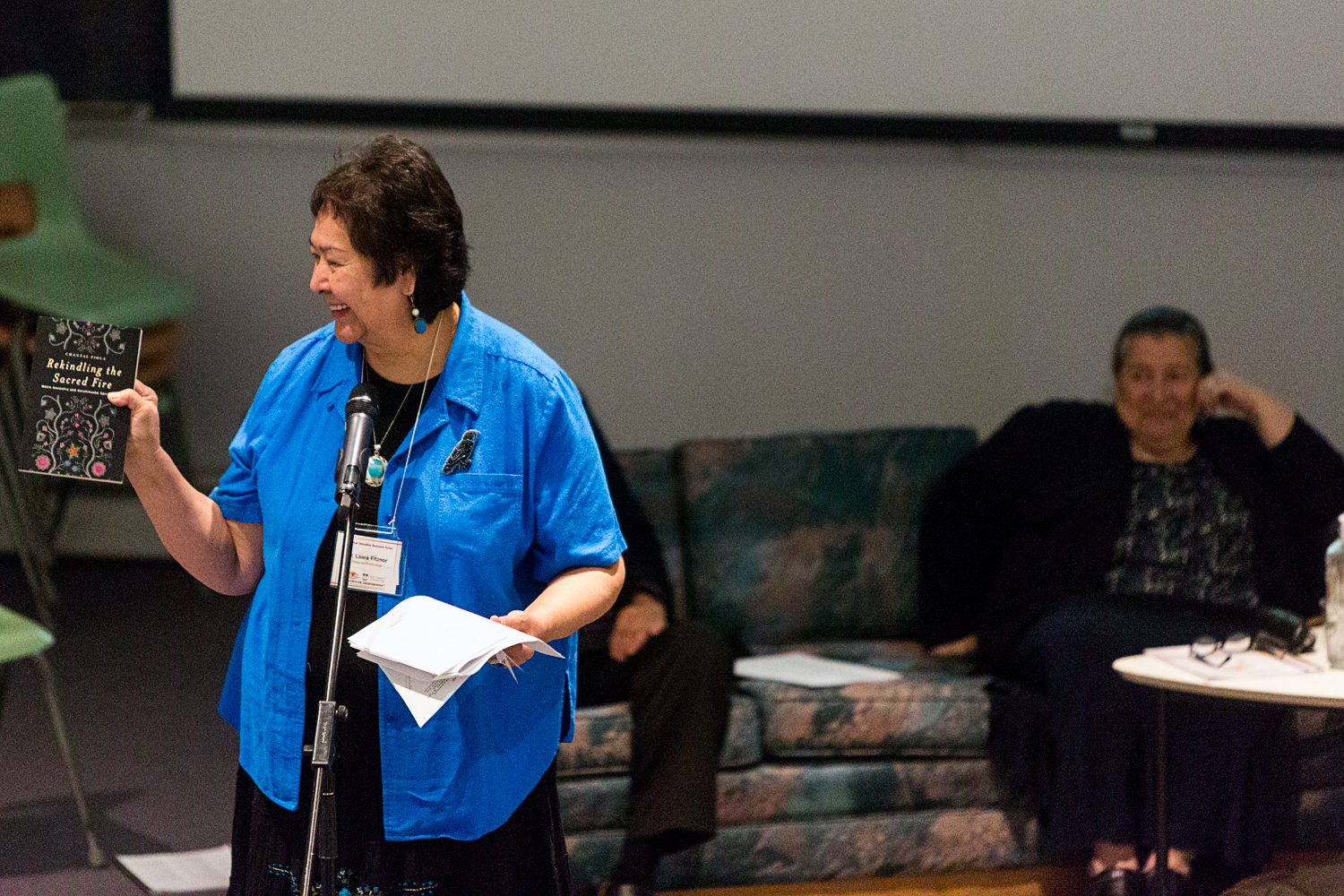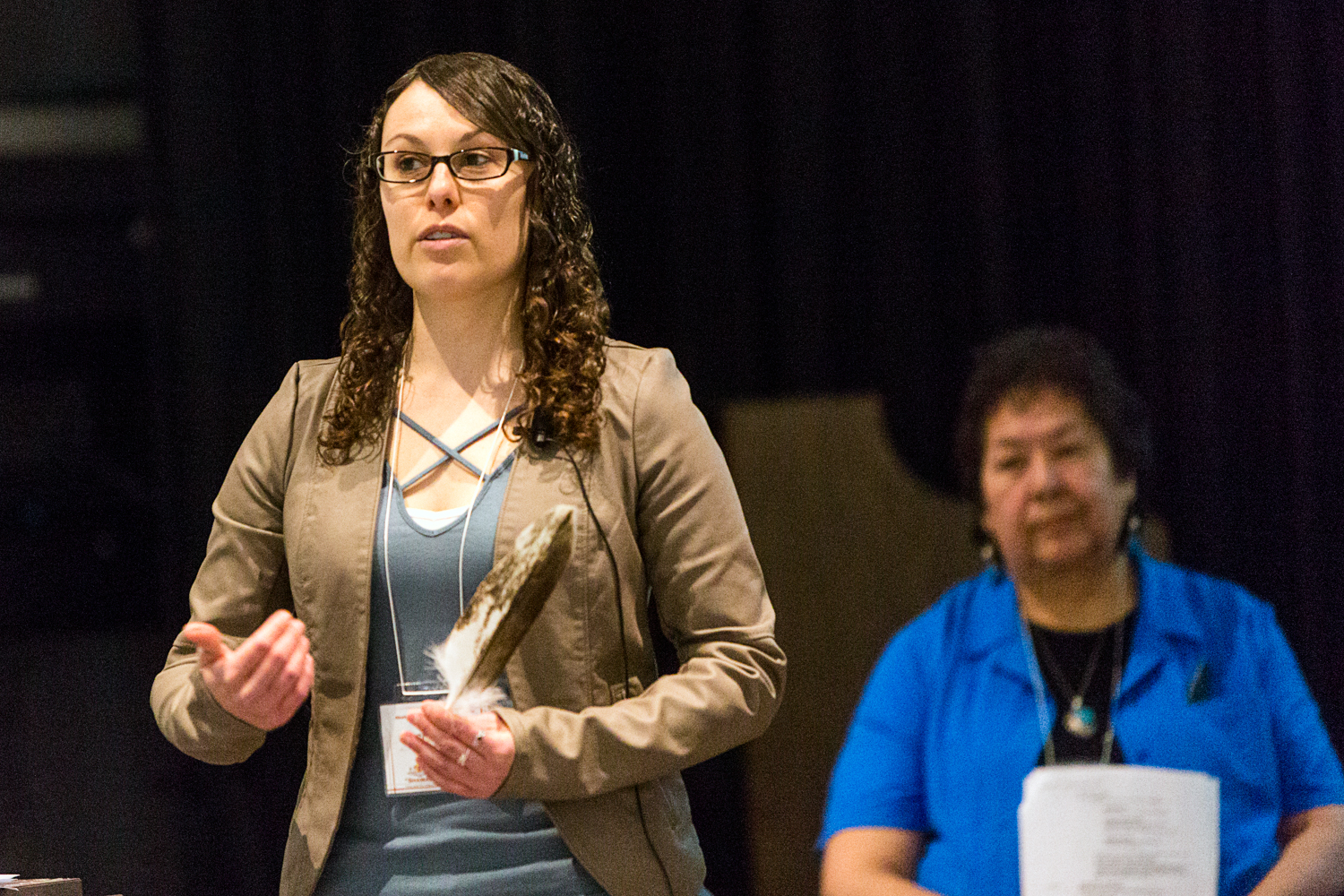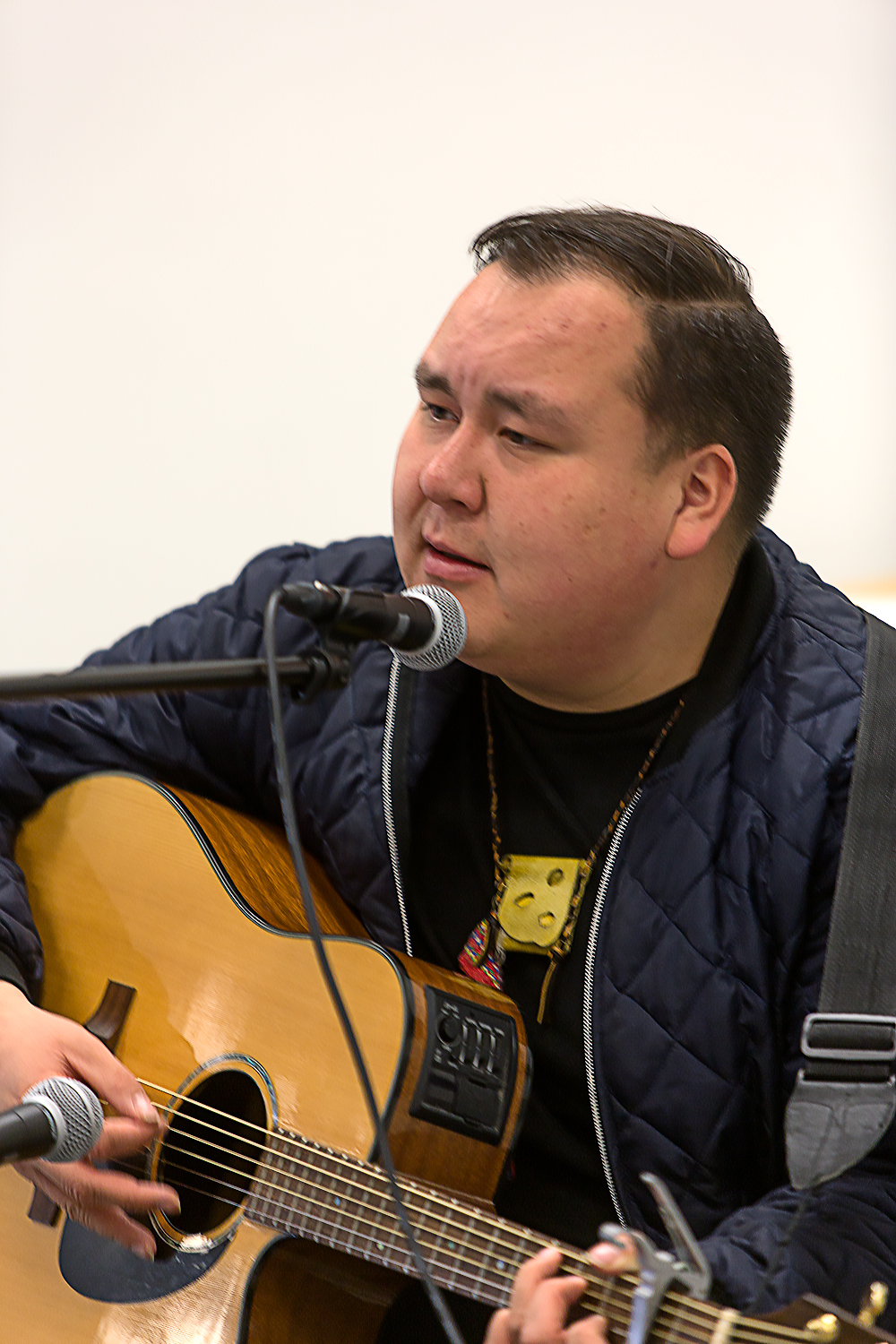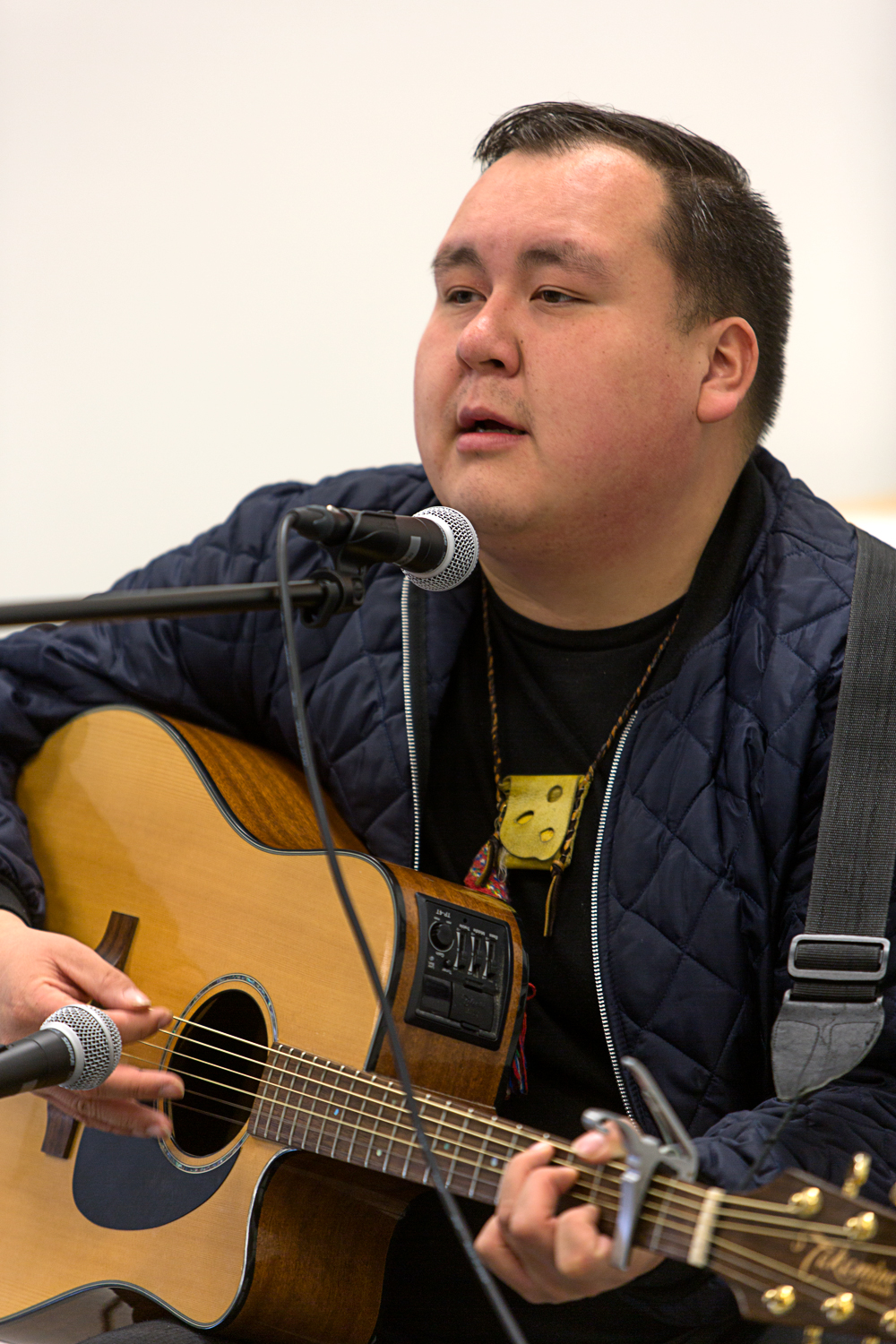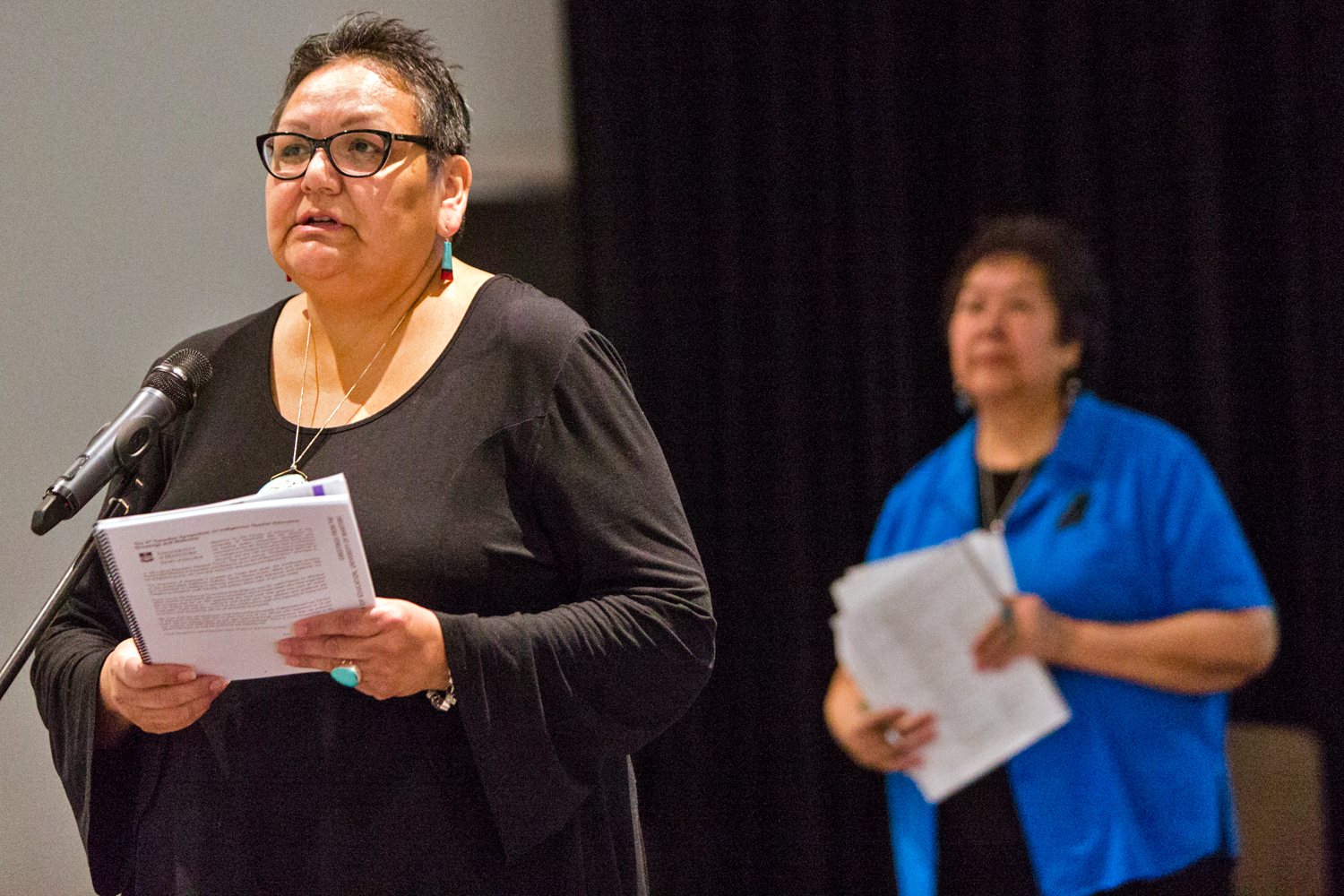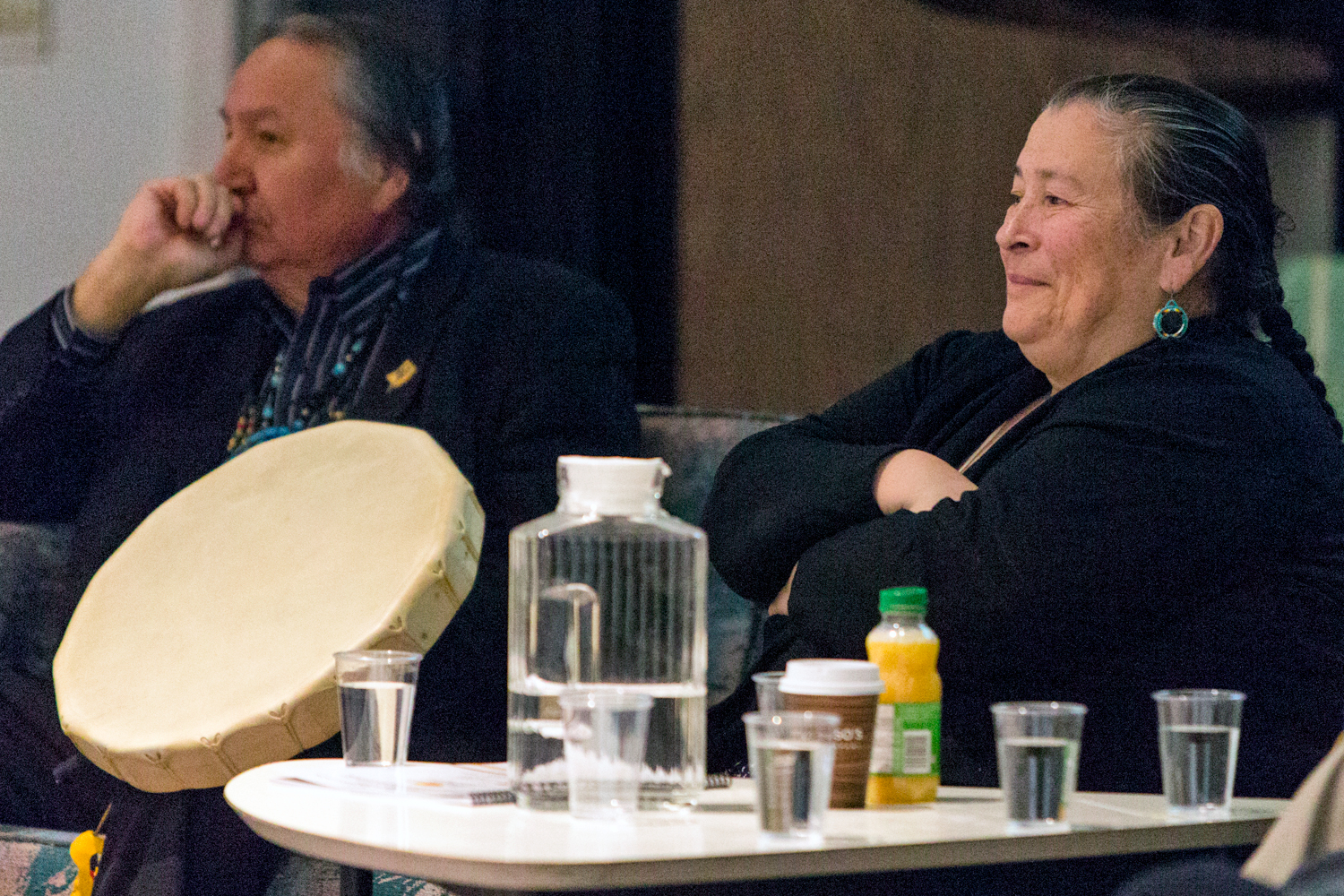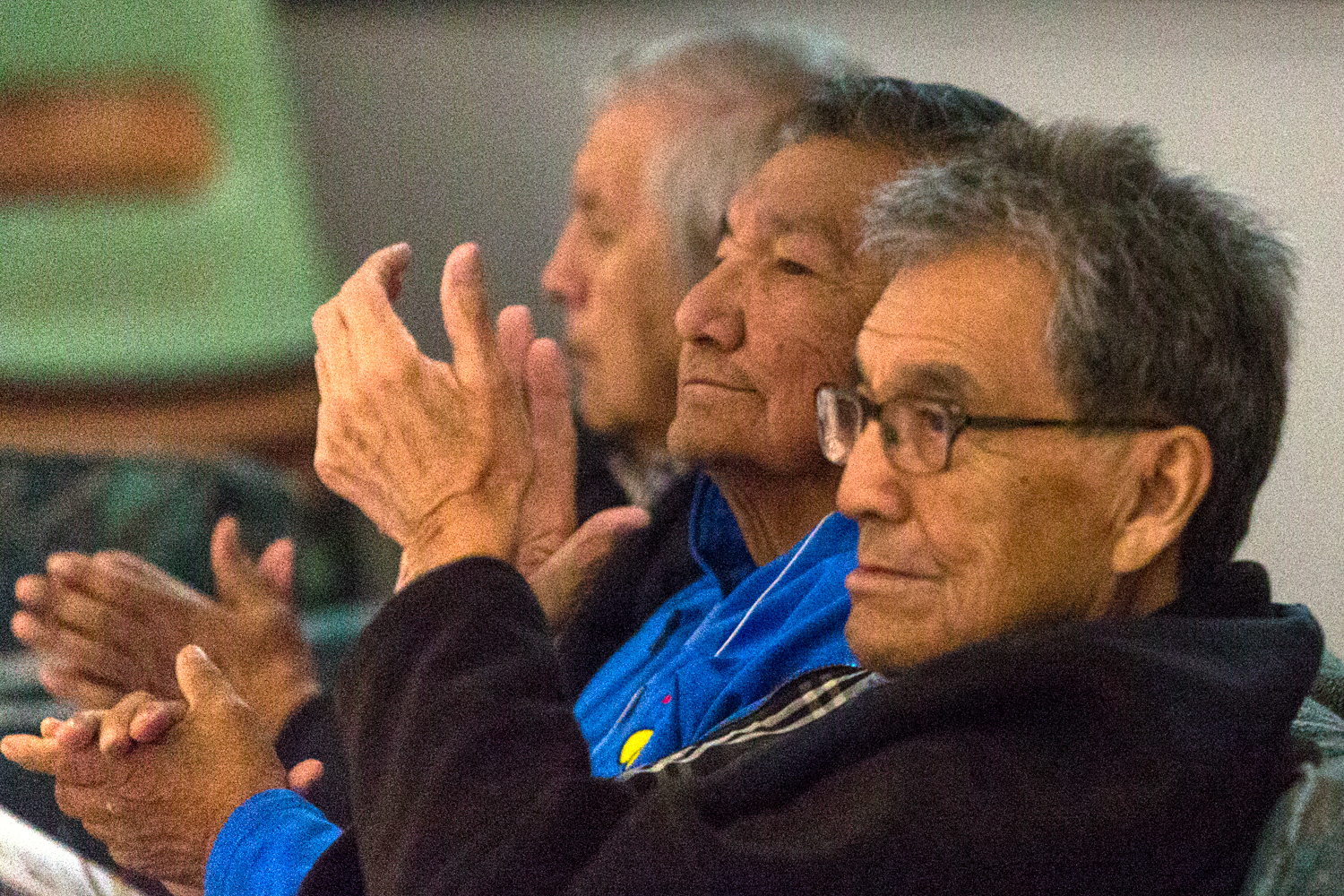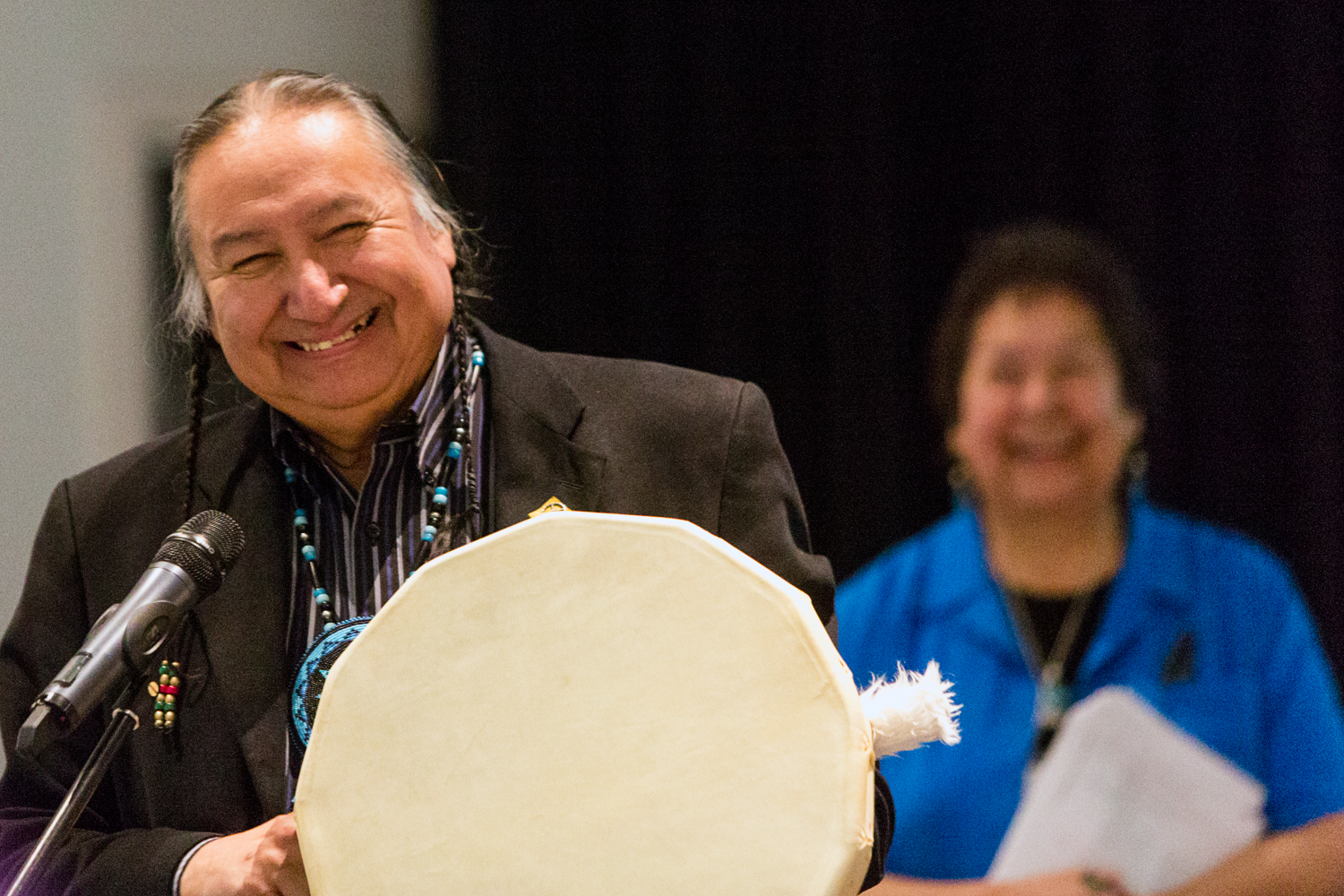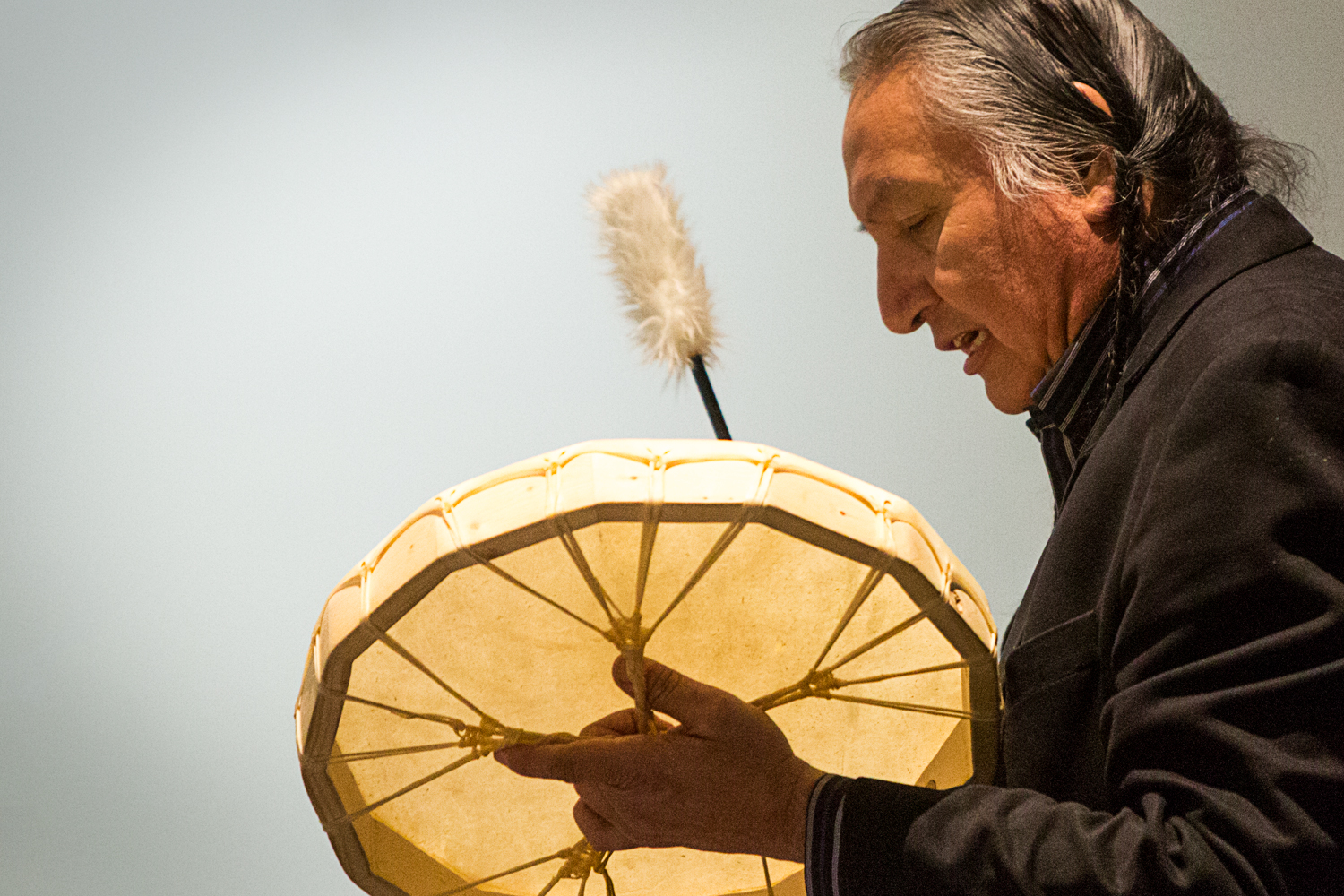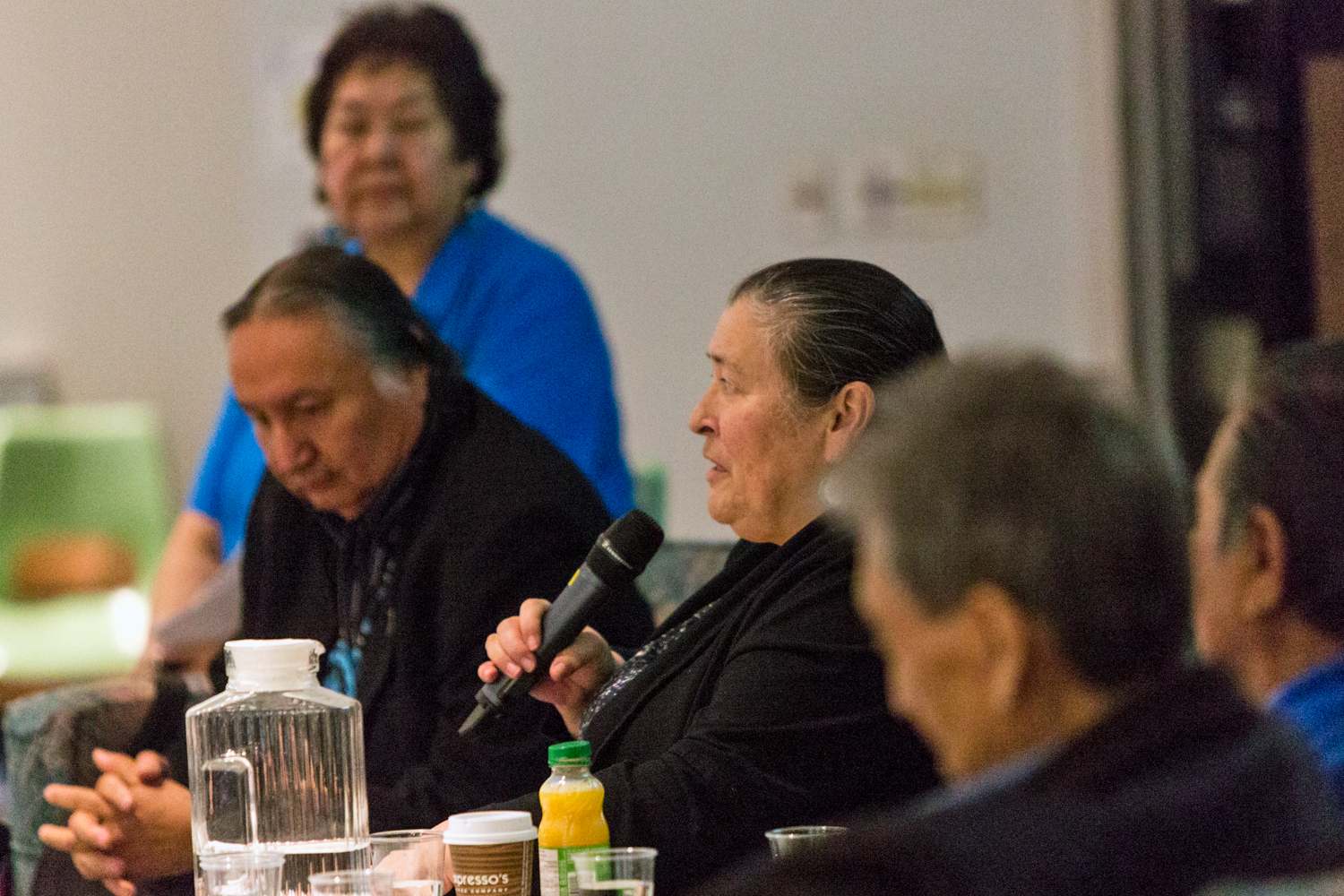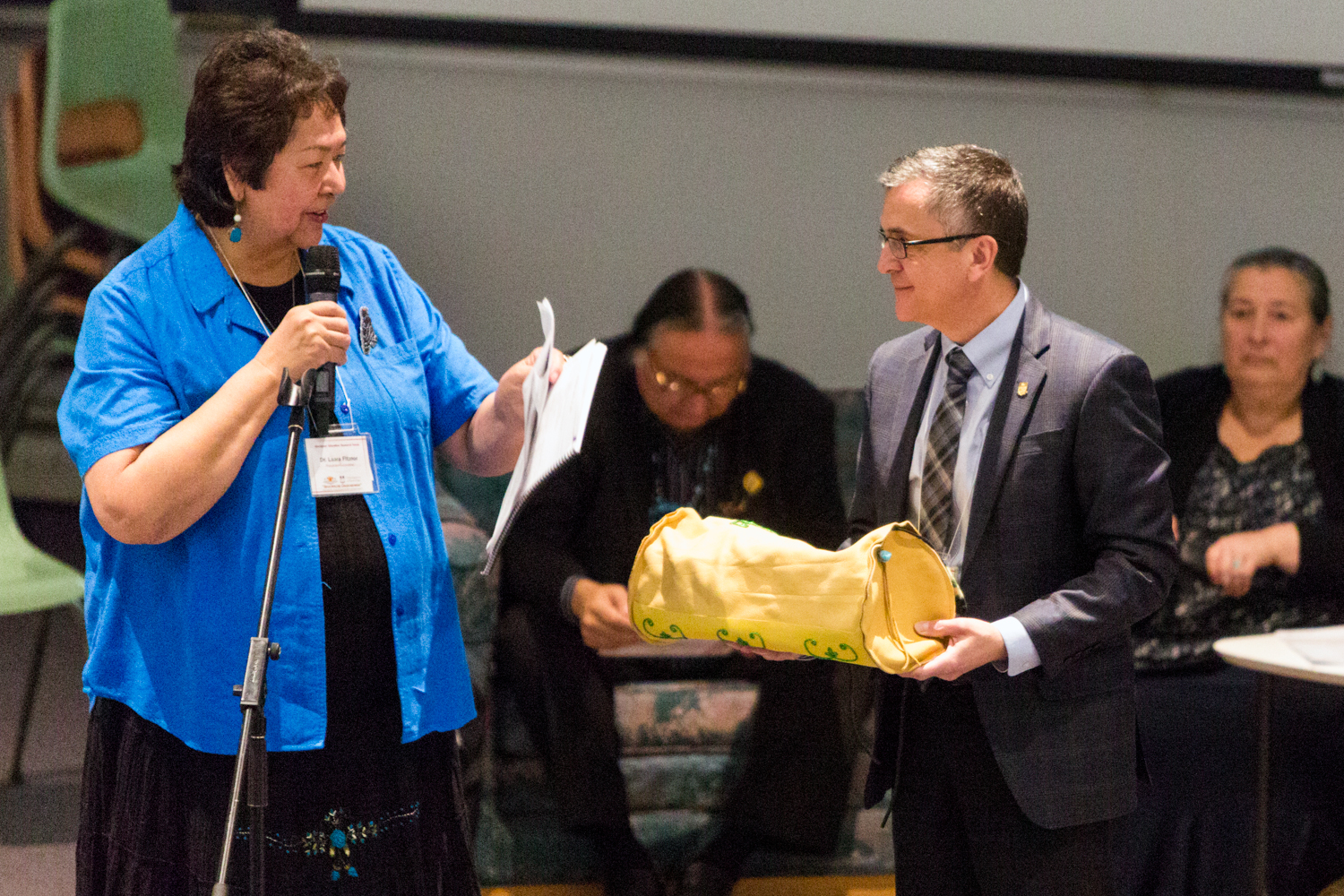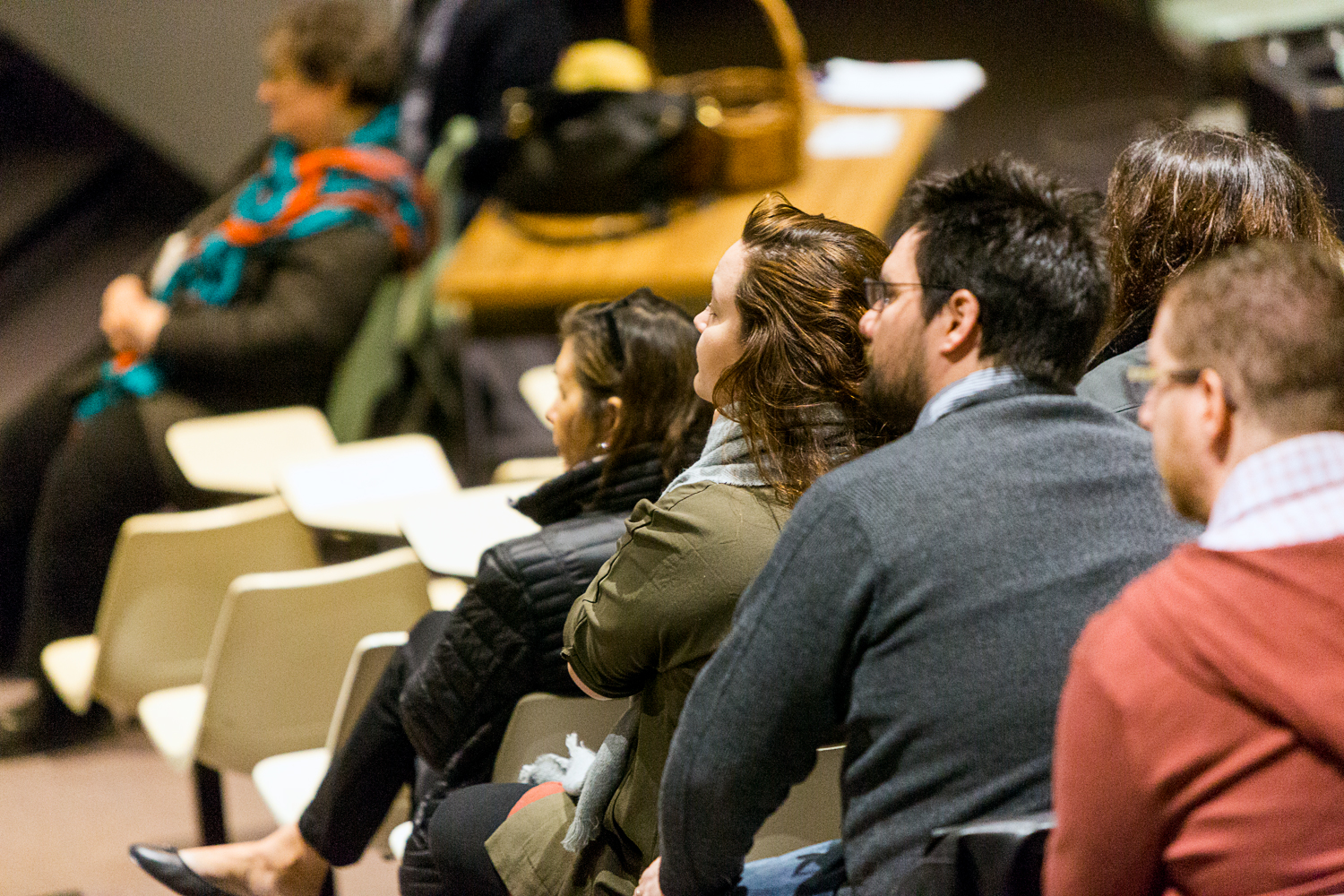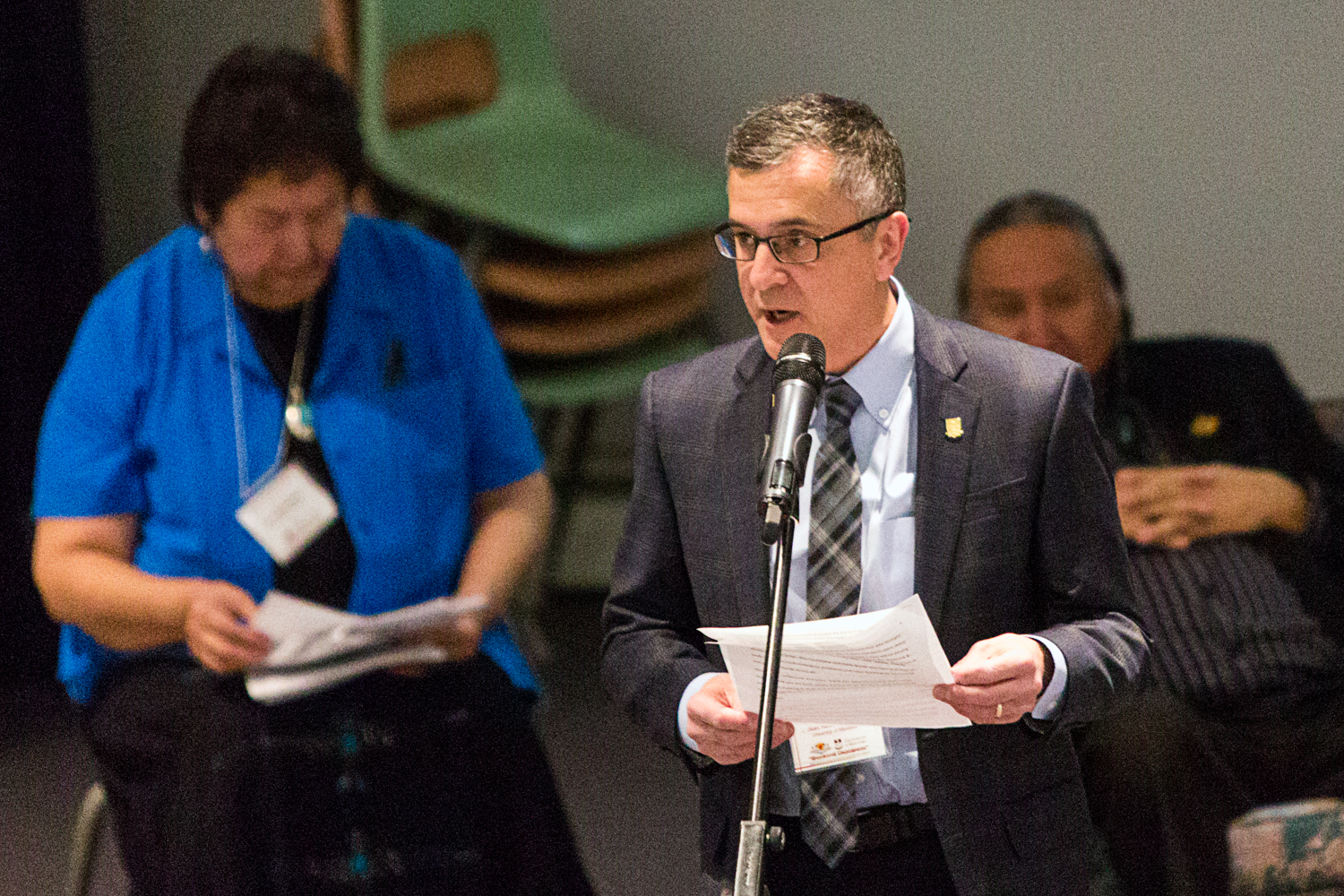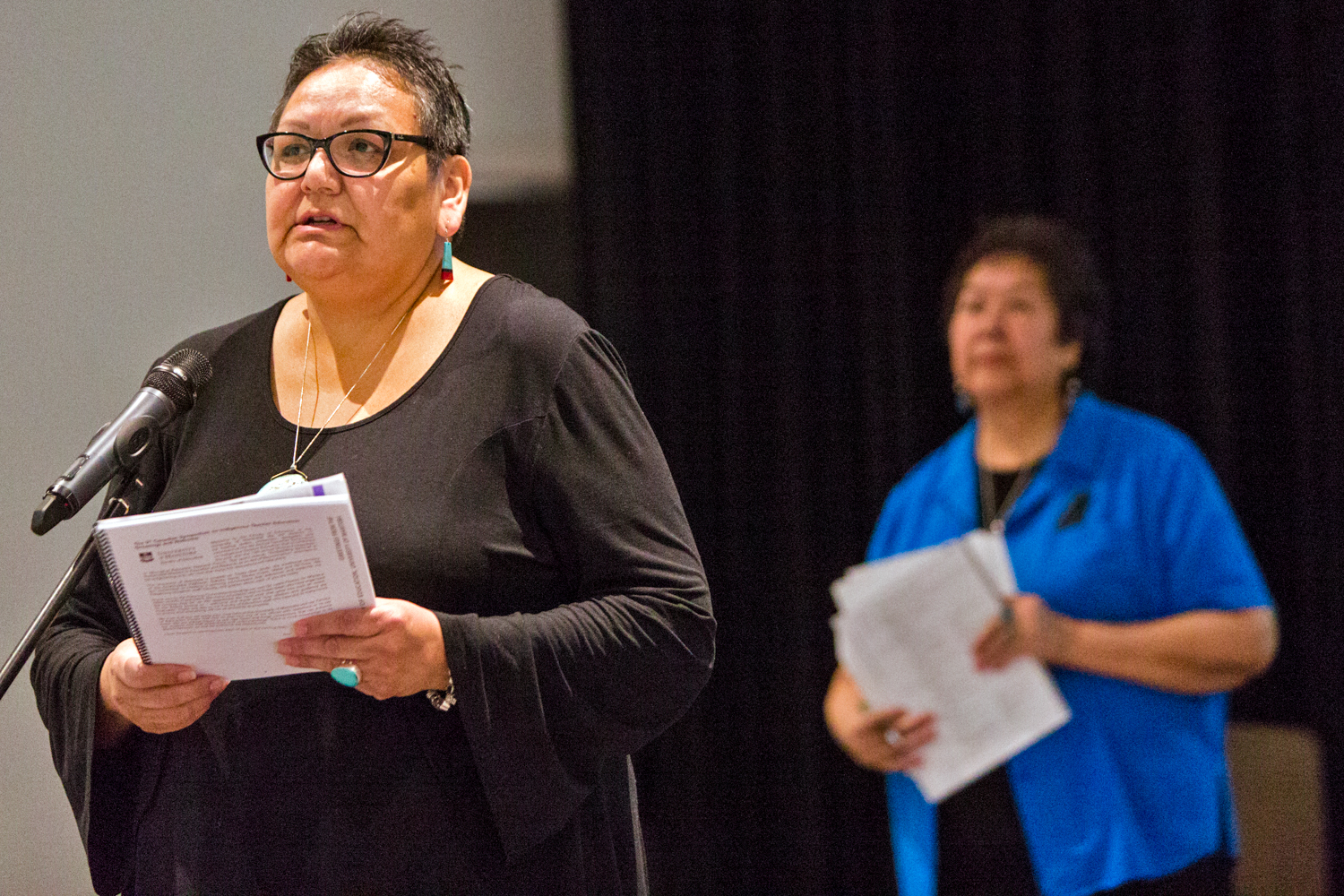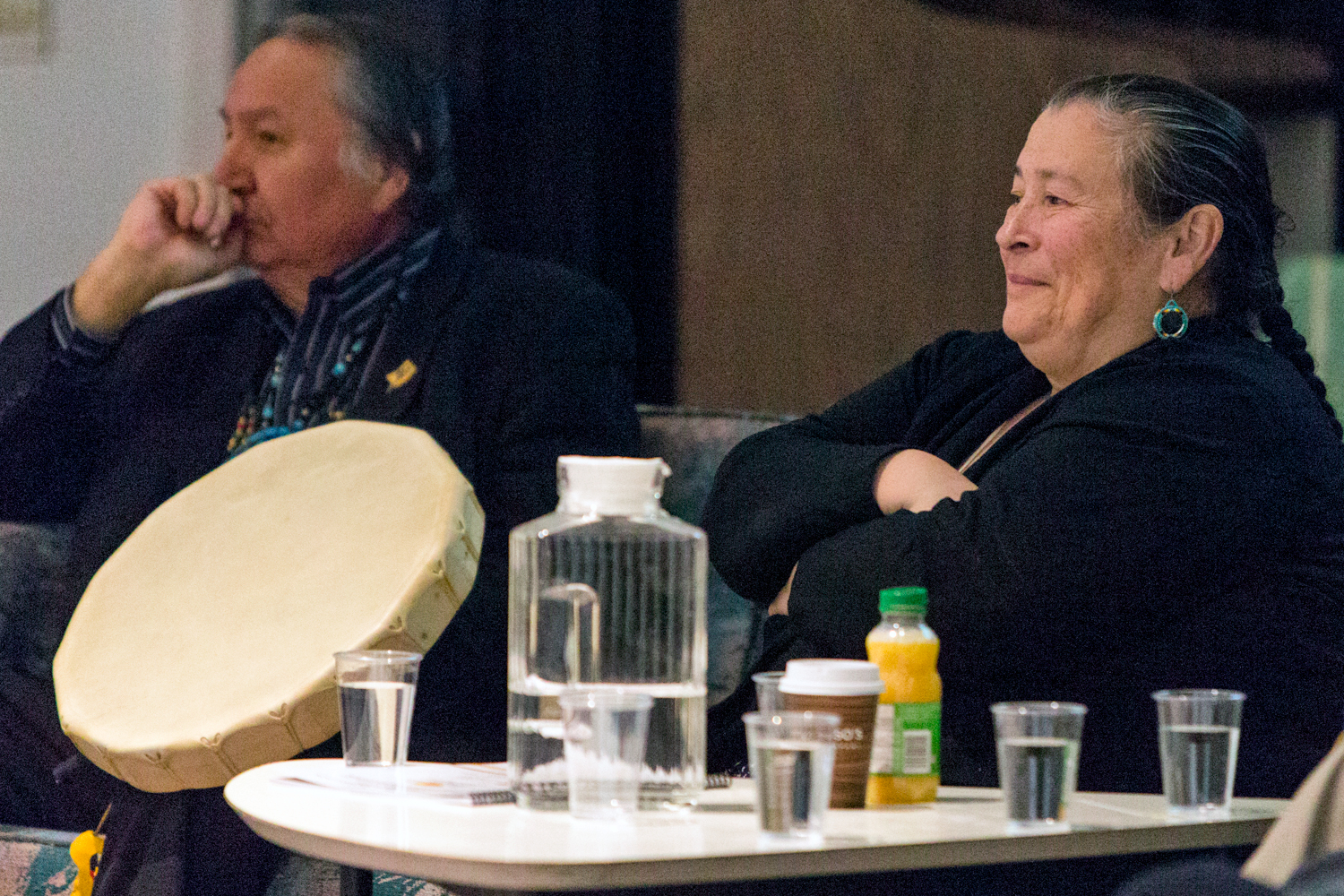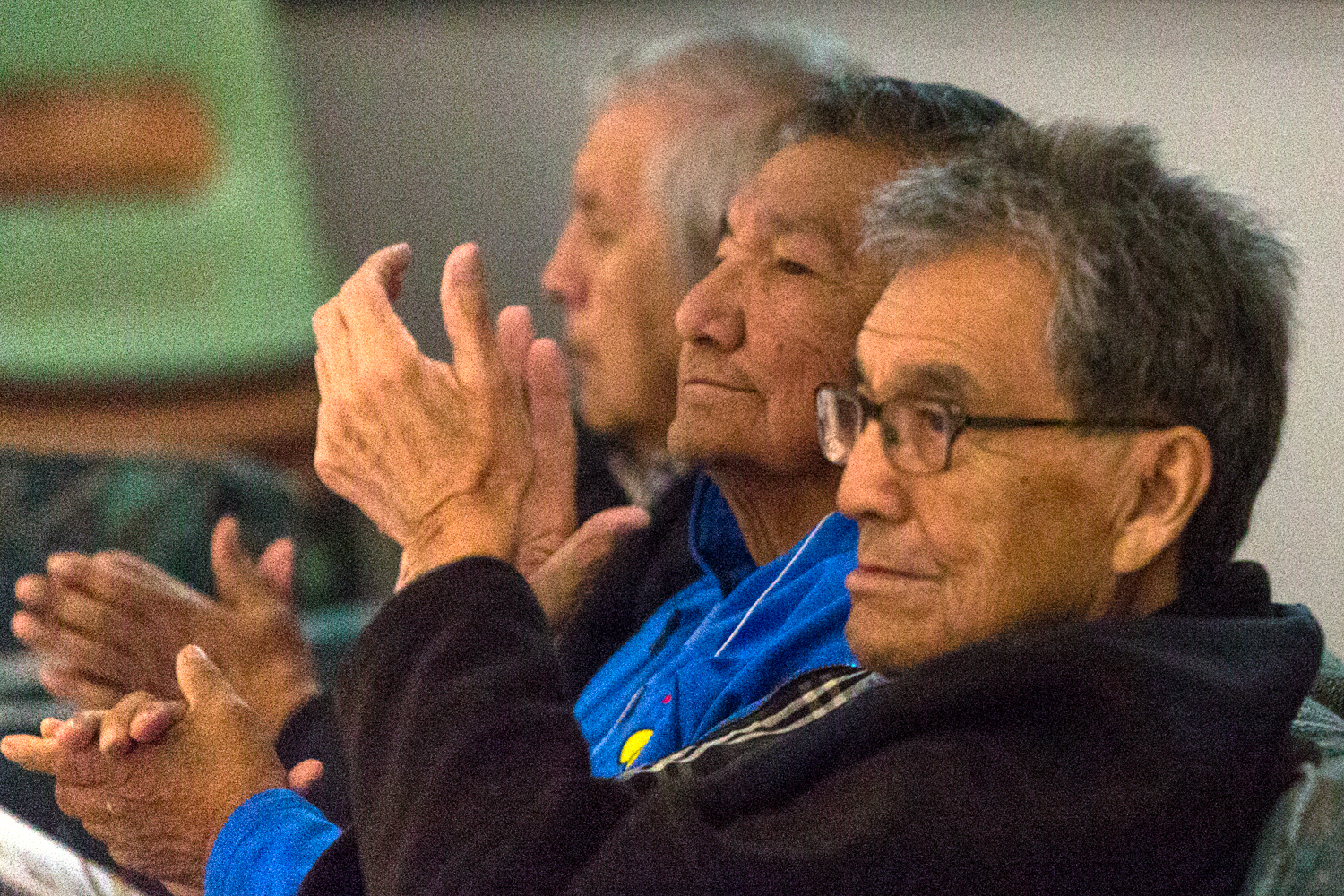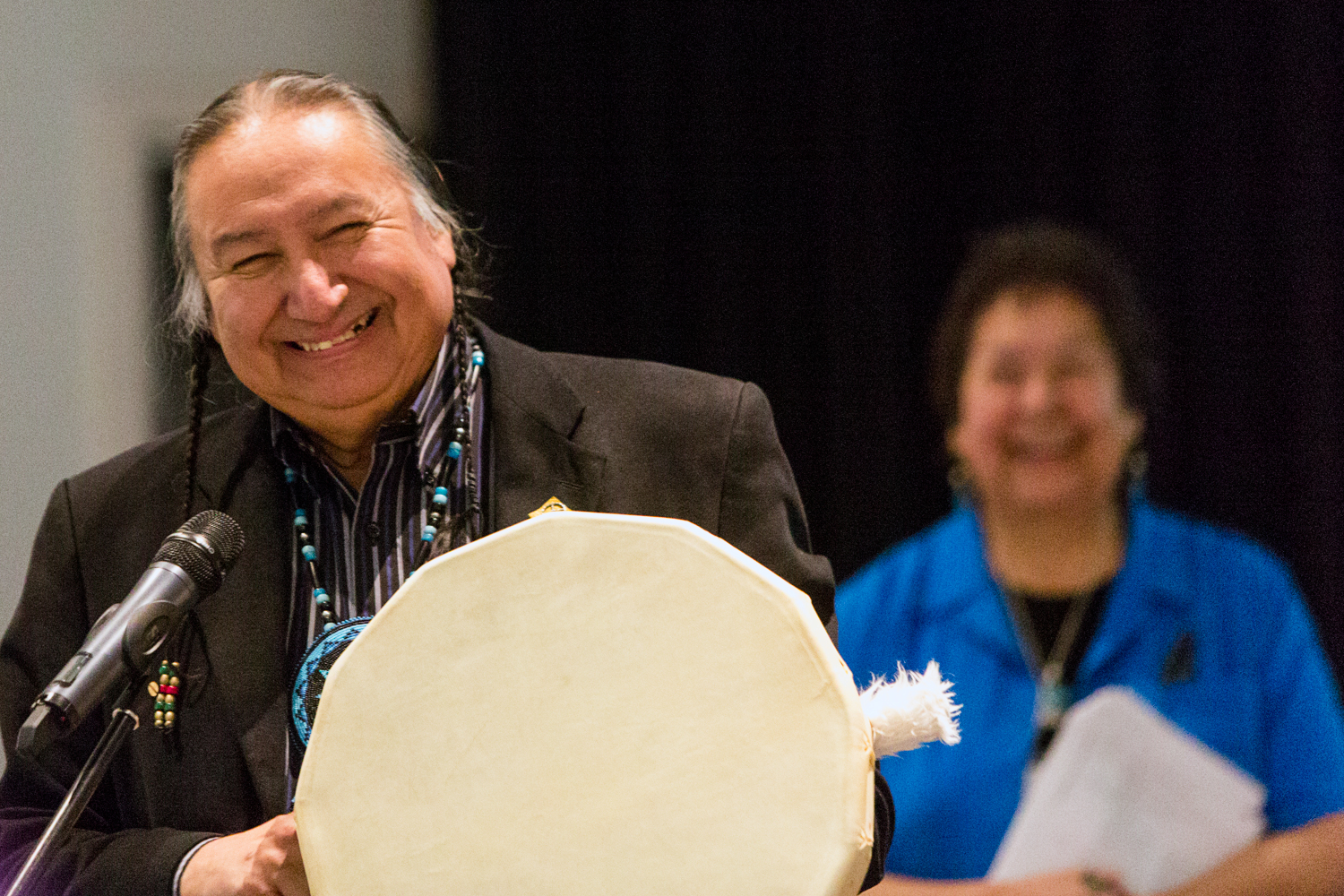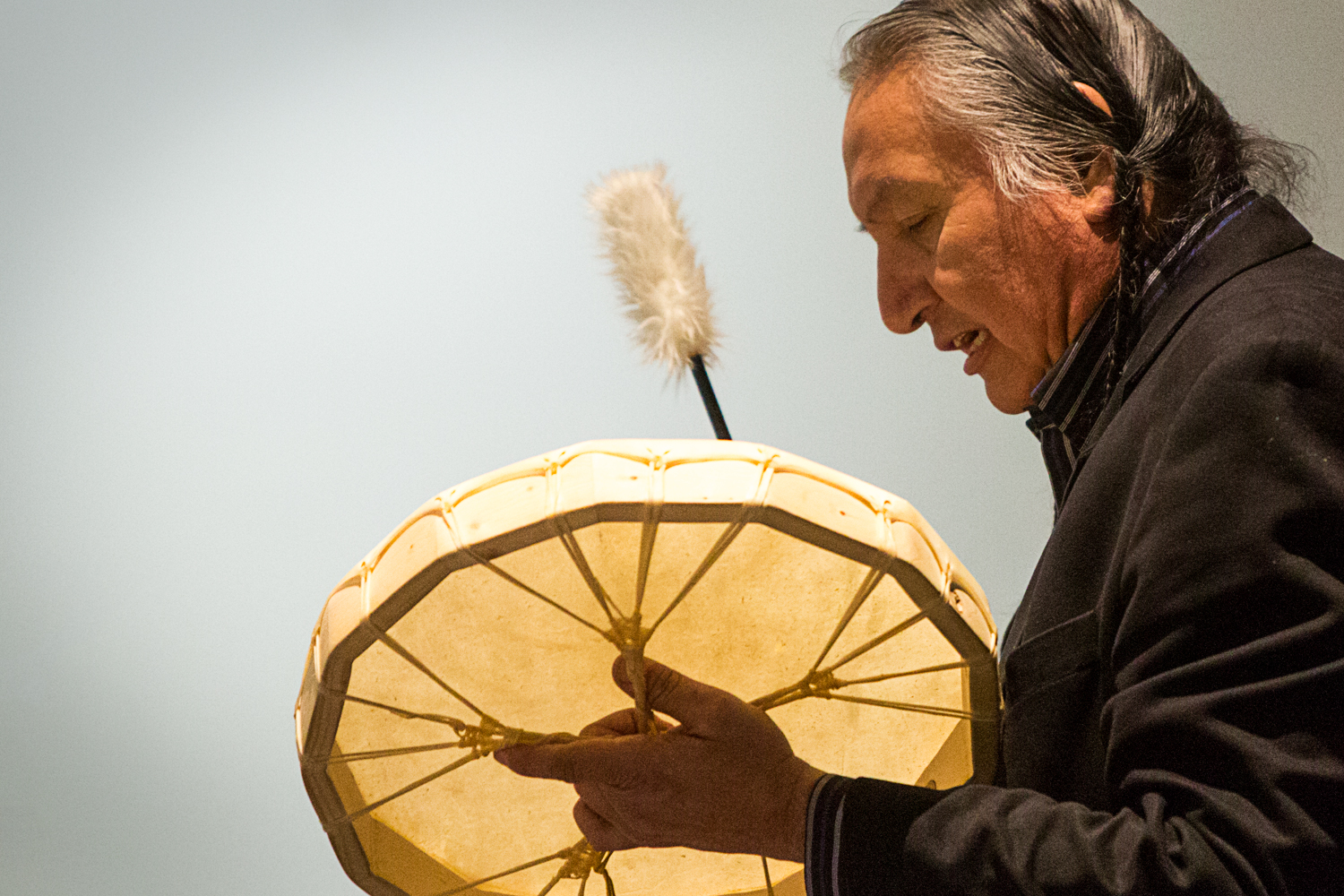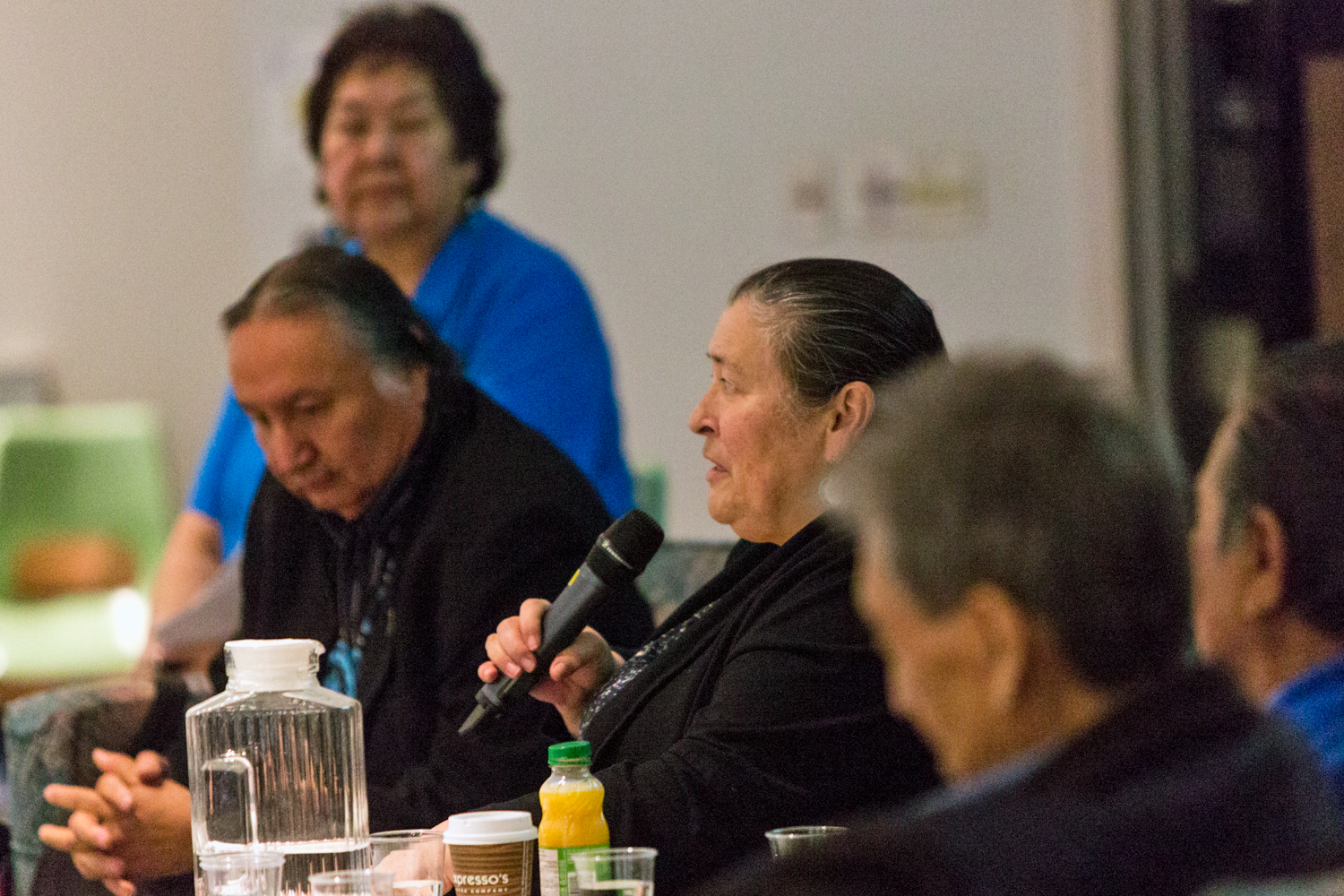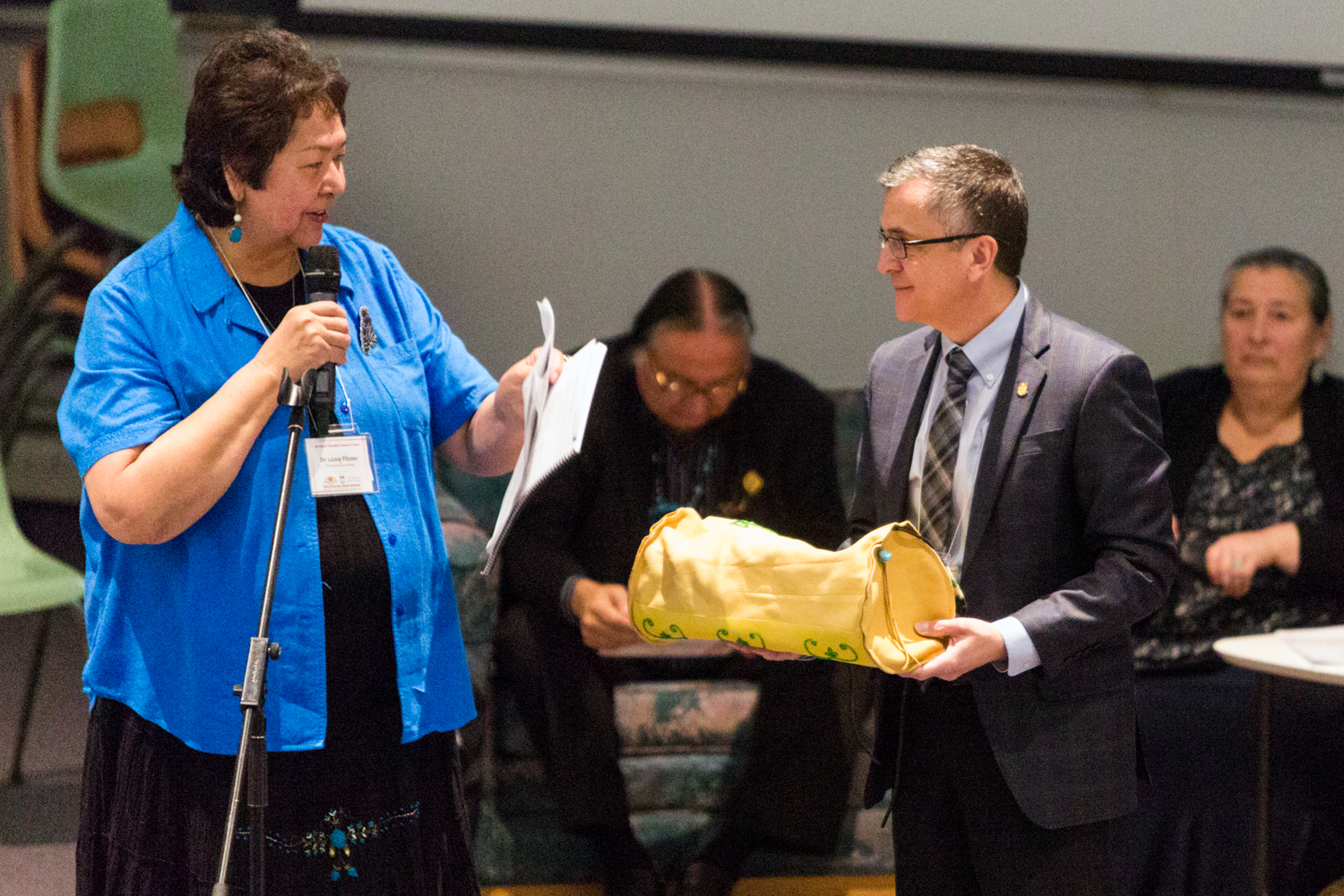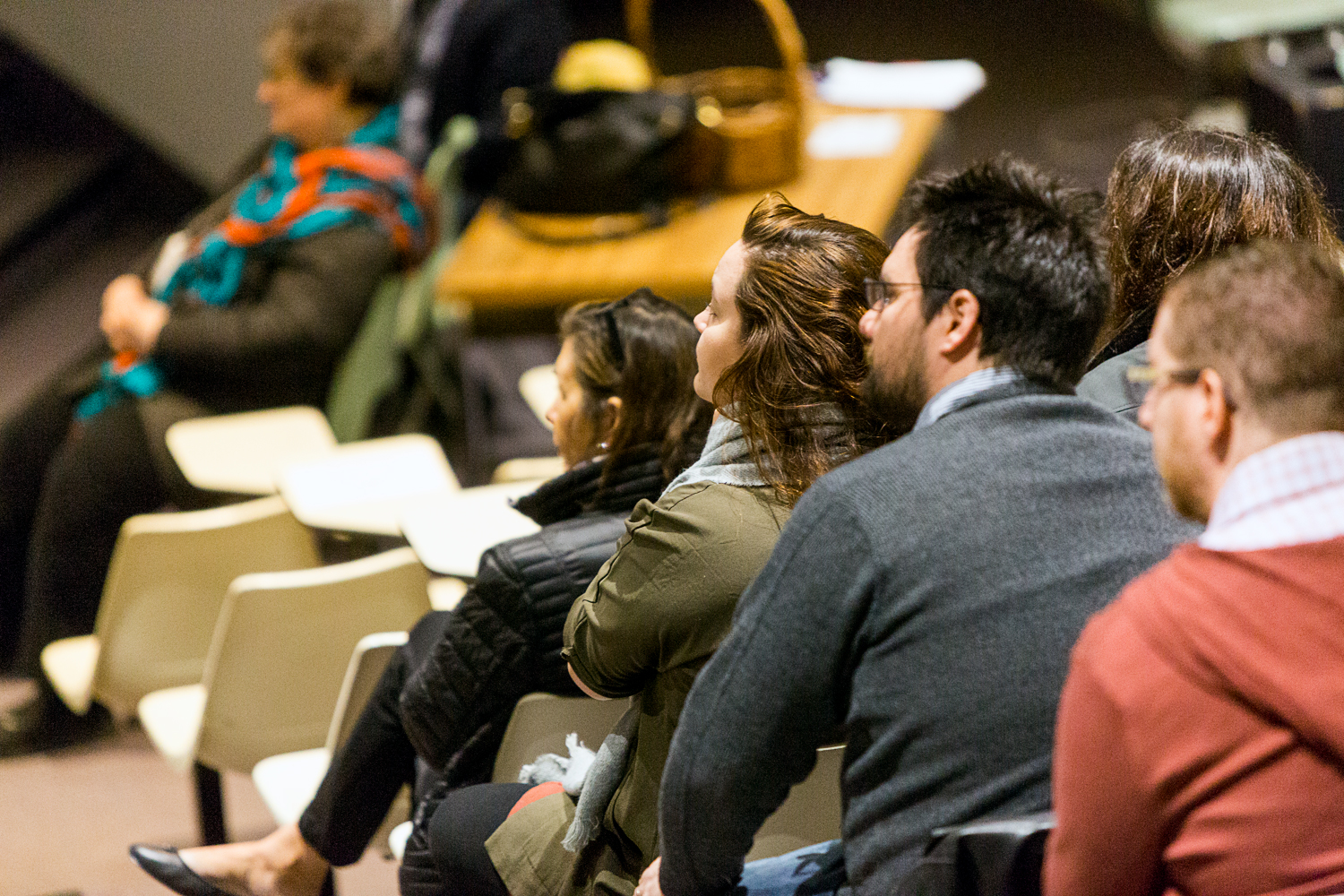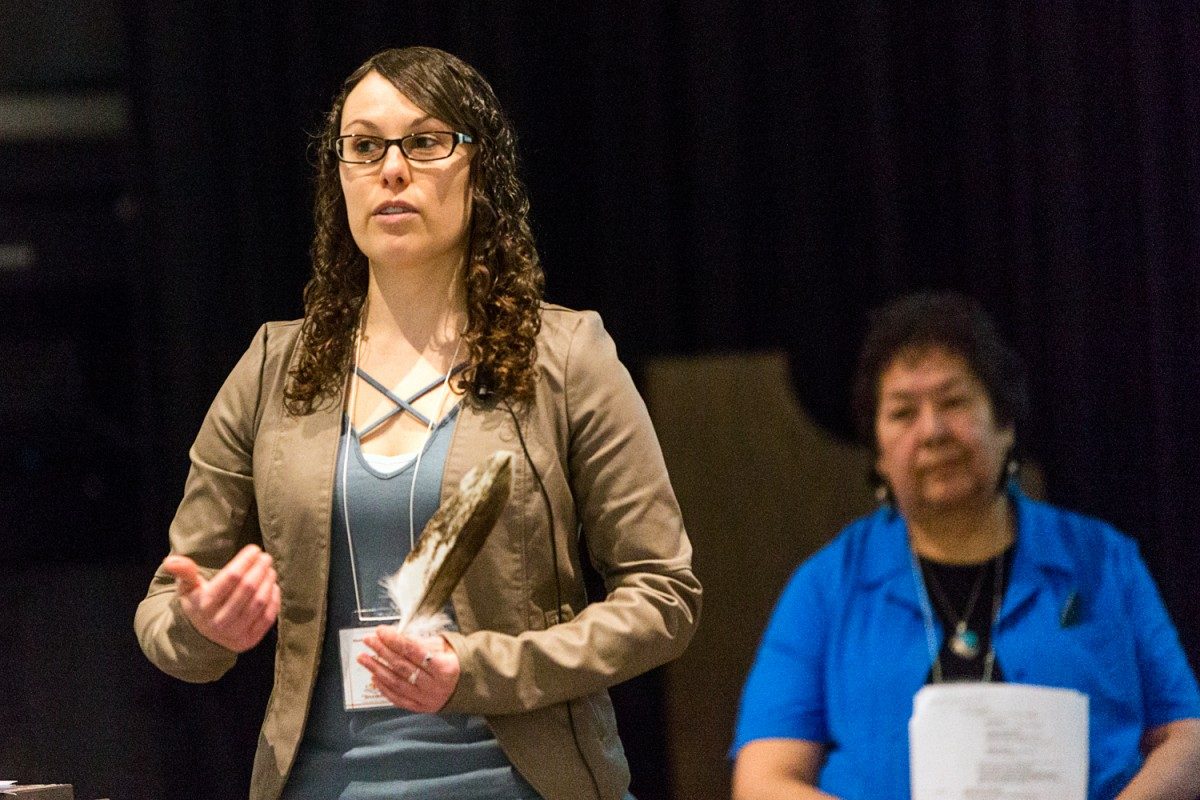
Conference showcases spirituality in reconciliation
Keynote's spiritual journey shaped identity, informed research, teaching practice
Dr. Chantal Fiola says that Indigenous spirituality has informed not only her research but also her teaching practice as a university professor.
Fiola shared her personal story of spiritual discovery that has led to a successful career as a researcher, writer and academic, as keynote speaker on the opening day of the Aboriginal Education Research Forum, “Shawane Dagosiwin” and the Canadian Symposium on Indigenous Teacher Education.
Speaking to the conferences’ theme of “Embedding Spiritual and Sustainable Wisdom in Education and Research as an Act of Reconciliation,” Fiola recounted her experiences growing up a Red River Metis, steeped in Catholicism before recognizing herself as Two-Spirited, and turning to Aboriginal spirituality and practices.
Now an assistant professor in the Department of Urban and Inner-City Studies at the University of Winnipeg, Fiola authored the award-winning “Rekindling the Sacred Fire: Metis Ancestry and Anishinaabe Spirituality,” a book exploring the relationships between Metis identity, Indigenous spirituality, and the ongoing historical impacts of colonization.
“Many people think that spirituality is important to education. It’s just that for several generations, it was a particular kind of spirituality or religion that was taught,” Fiola said, referring to Canada’s residential school system, funded by the Canada’s Department of Indian Affairs and Northern Development and administered by Christian churches from 1876-1996.
“Universities across the country are talking about Indigenization and we need to follow through with action. This conference is an excellent example of how we can do that,” Fiola said.
“If we want to make sure that those words are not just buzzwords or lip service, one way is to ask: What actions are we taking in our classrooms, and in our school systems to make space for different spiritualties? Spirituality is part of our culture, and we operate in the world from a particular cultural lens.”
Conference organizer, Dr. Laara Fitznor said it was enlightening to hear how Fiola’s personal process informed her academic research and teaching.
“And it was great to hear about the Two-Spirited perspective. I think that’s an important part about reconciliation,” Fitznor said.
For another keynote speaker, James Shawana, this was his fourth Shawane Dagosiwin, a forum he sees as an opportunity to build relationships with Indigenous people in the field of education and other like-minded scholars and activists. He sees spiritual growth as an essential part of education.
“For Indigenous people, education is not just about developing the brain, education is about connecting with spiritual, emotional and physical aspects,” Shawana said.
David Mandzuk, Dean of the Faculty of Education, said that people whom he talked to during the conference were overwhelmingly optimistic about the prospects of reconciliation, considering new Indigenous initiatives put forward by schools and post-secondary institutions, “demonstrating that they have a collective interest in making things better in the future through the reconciliation process.”







